Thu 15 Oct 2020 • Dave Melody
4 ways to maximise your impact (that don't involve any running)
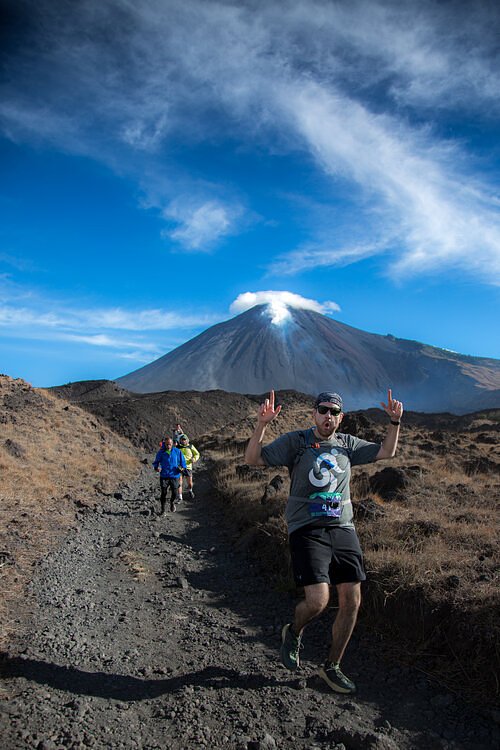
The decision to embark on an adventure with the Impact Team will undoubtedly be one of the better ones you make. The experience will have a lasting impact on your relationship to the sport of running, and also on your view of the world we inhabit.
Guest Author: Dave Melody
Dave is a 3x Impact Runner hailing from Chicago, Ilinois. He has ventured to Guatemala and Nepal, each time taking on the 42km distance. His love for Guatemala and support of development programs in the country puts him in a unique position to offer up his tips to maximising your Impact at an Impact Marathon
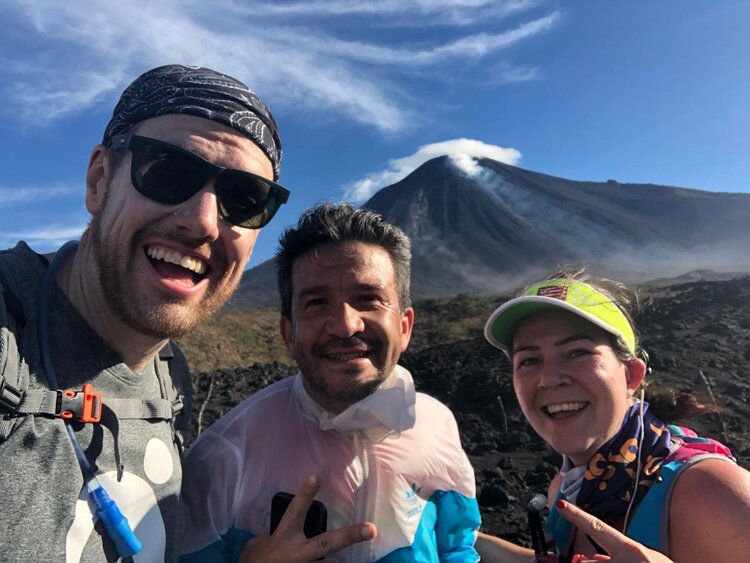 The decision to embark on an adventure with the Impact Team will undoubtedly be one of the better ones you make. The experience will have a lasting impact on your relationship to the sport of running, and also on your view of the world we inhabit.
The decision to embark on an adventure with the Impact Team will undoubtedly be one of the better ones you make. The experience will have a lasting impact on your relationship to the sport of running, and also on your view of the world we inhabit.
Long-haul travel to participate in a running event is a dramatic endeavor. Cultural immersion, language discomfort, and joining a team of strangers are heavy things to have happen all at once. You will have an excellent time, but the risk of letting it all happen and then letting it all quickly end runs high.
If you want to maximize the impact of your experience, please allow me to suggest some ways to do that.
First, let me share some quick background. I’ve spent a lot of time in Guatemala, including two trips as an Impact Runner. My other Guatemalan experiences are not the main point of this essay, so I’ll just summarize by saying I am a supporter of an organization there that provides educational initiatives to a primarily indigenous community. I have visited the country many times, I’ve made many friends there, and I have also made plenty of mistakes when it comes to balancing my perspectives and assumptions against my understanding of the community’s challenges.
Some tips I can share based on those experiences are:
- Focus on learning the context. Ask questions and listen to the answers: Why does this community not have any real roads? Why does this community not have access to freshwater? What are the differences with systems, government, and support here that make daily life so different from what I’m used to?
- Build relationships. Make a real effort to connect with the people that you meet from the community. Get to know the people that have dedicated their lives and professions to investing in community development. This will make you more likely to come back, more likely to spread the need for funding through your network, and more likely to enrich your experience.
- Check your language. A few small wording changes can spark new mindsets. Instead of saying that you’re doing a project for a community, understand that you’re doing a project with a community. Instead of saying that you’re helping those in need, understand that you’re learning how to challenge the perspectives you’ve held throughout your life. Instead of saying that your fundraising is going to charity, understand that it is going towards building equality.
- Reframe the saviour mindset. Any international trip that involves community engagement, fundraising, or project work will run the risk of falling into ‘saviourism’. Reminding yourself that you are a guest in the community, that you are not there to bring a specific skill set that the community is lacking and that the main impact to be made is on yourself are ways to keep the mindset at bay. These reminders will help bring clarity to the objective of the week and help you see what you can do to ignite the advancement of global equality from your own community. We should not stop traveling in order to stop saviour behaviour. We should start using travel to educate ourselves on how the daily decisions made in “rich” communities impact the rest of the world. This can include introspection on anything from energy consumption, food supply chain sustainability, and global production processes that rely on wage disparities to reach profitability.
I’ve now been on three Impact weeks, two in Guatemala and one in Nepal. The leaders of the Impact organization understand these concepts better than most. That doesn’t mean they’ve gotten it perfectly right because community development is a constantly moving target. Perfection cannot be the goal or expectation. The Impact Team works hard to promote the voices of the communities to which they are connecting. This takes a considerable amount of planning and coordination, but it also carries an element of discomfort, as they cannot and do not attempt to control the message from the community, and they cannot know the extent to which the community has ever been handed the microphone in the past.
Instead of expecting perfection, or instead of assuming that your skills and talents are just what that community needs to start thriving, you can instead remove any expectations and approach the opportunity with a blank slate. Truly engaging with the community, endeavoring to understand the context of their challenges, while not imposing your own ideas about what you think they should do, is much harder work than performing manual labor for a few days.
There might just be fewer insta-worthy pictures to show for it!
AUTHOR
Dave Melody
Related posts

Tue 10 Sep 2024 • Liza Kershaw
Introducing Commit to Impact: What You Need to Know
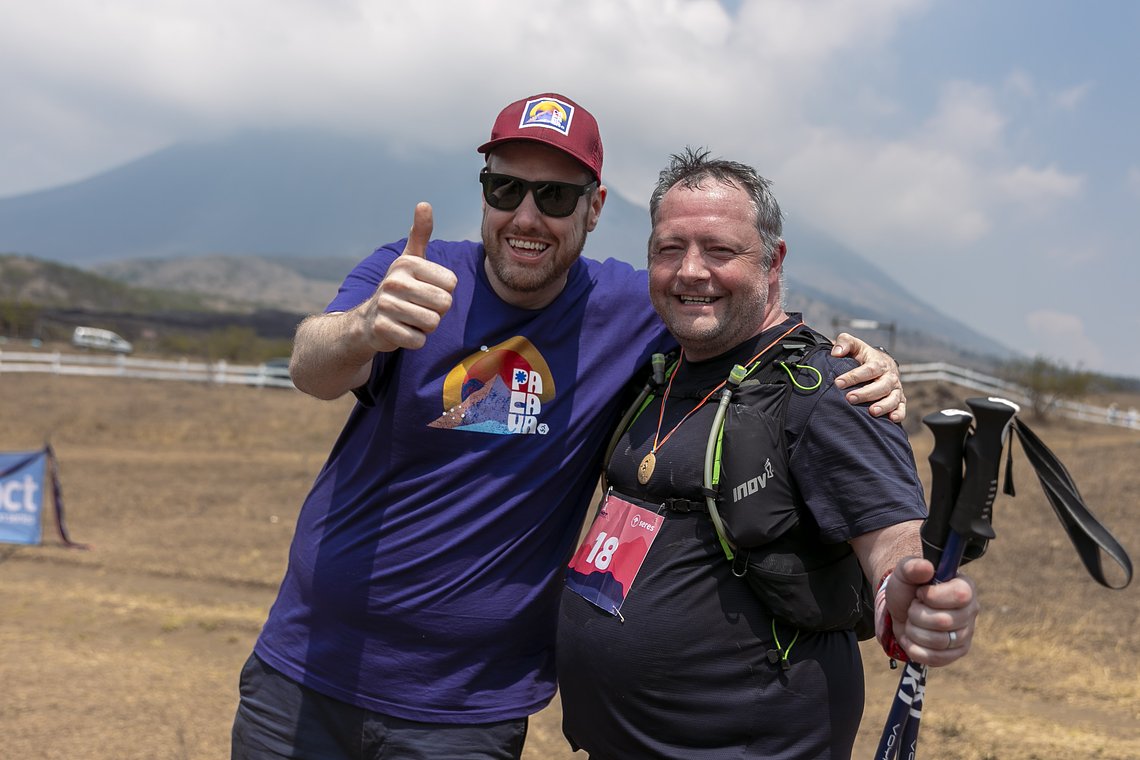
Tue 13 Aug 2024 • Liza Kershaw
The heartbeat of Impact: stories of connection and unity at Impact Marathon
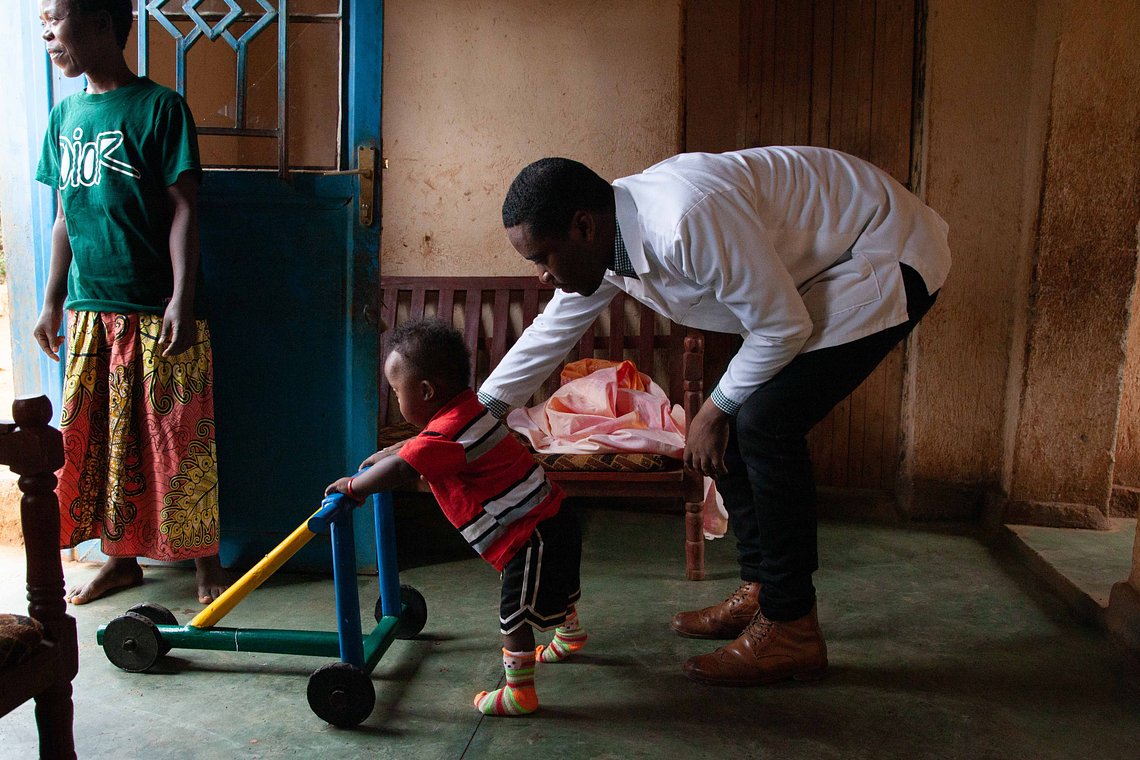
Tue 16 Apr 2024 • Liza Kershaw
fundraising: london marathon to impact marathon
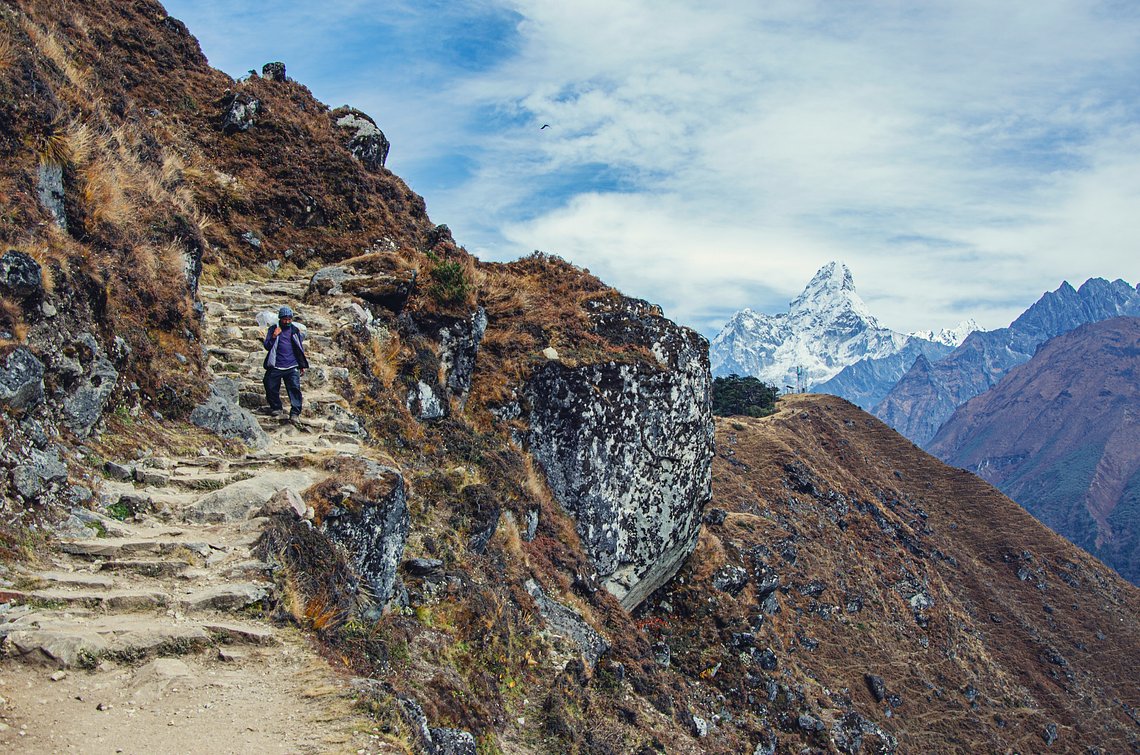
Tue 16 Apr 2024 • Liza Kershaw
the power within
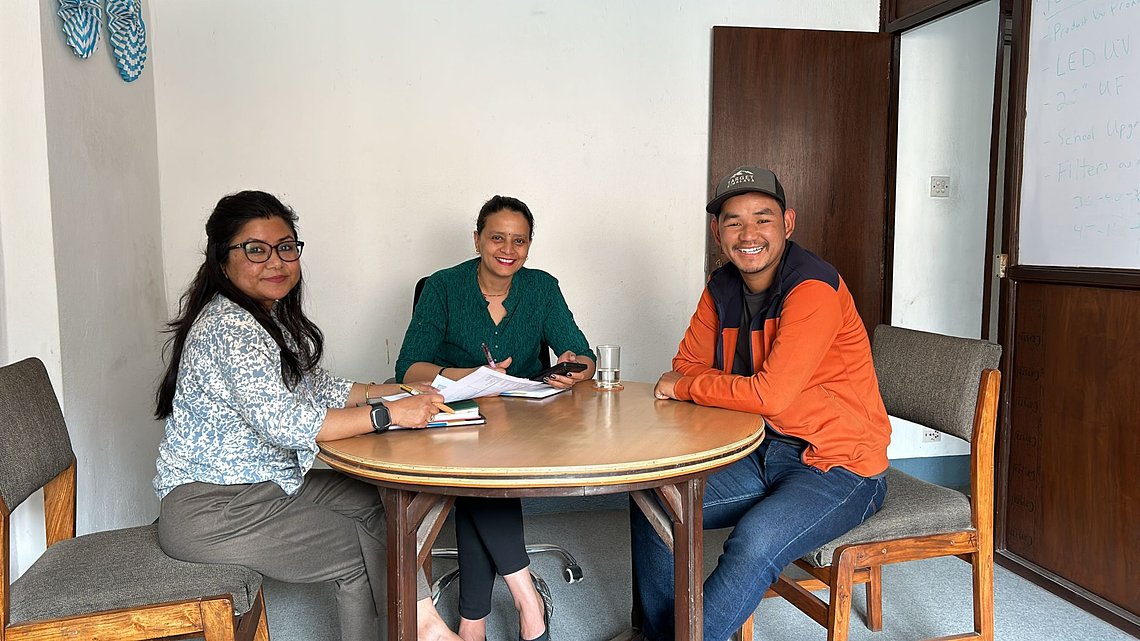
Mon 15 Apr 2024 • Nick Kershaw
beyond the finish line: sustaining impact between marathon events
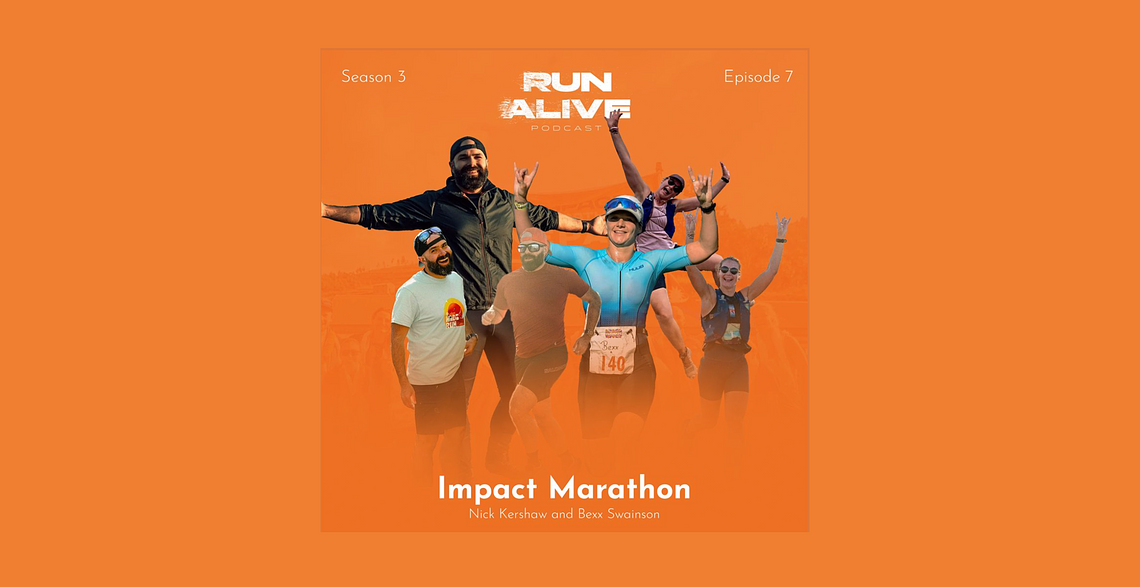
Tue 9 Apr 2024 • Liza Kershaw
run alive: hear from an impact runner
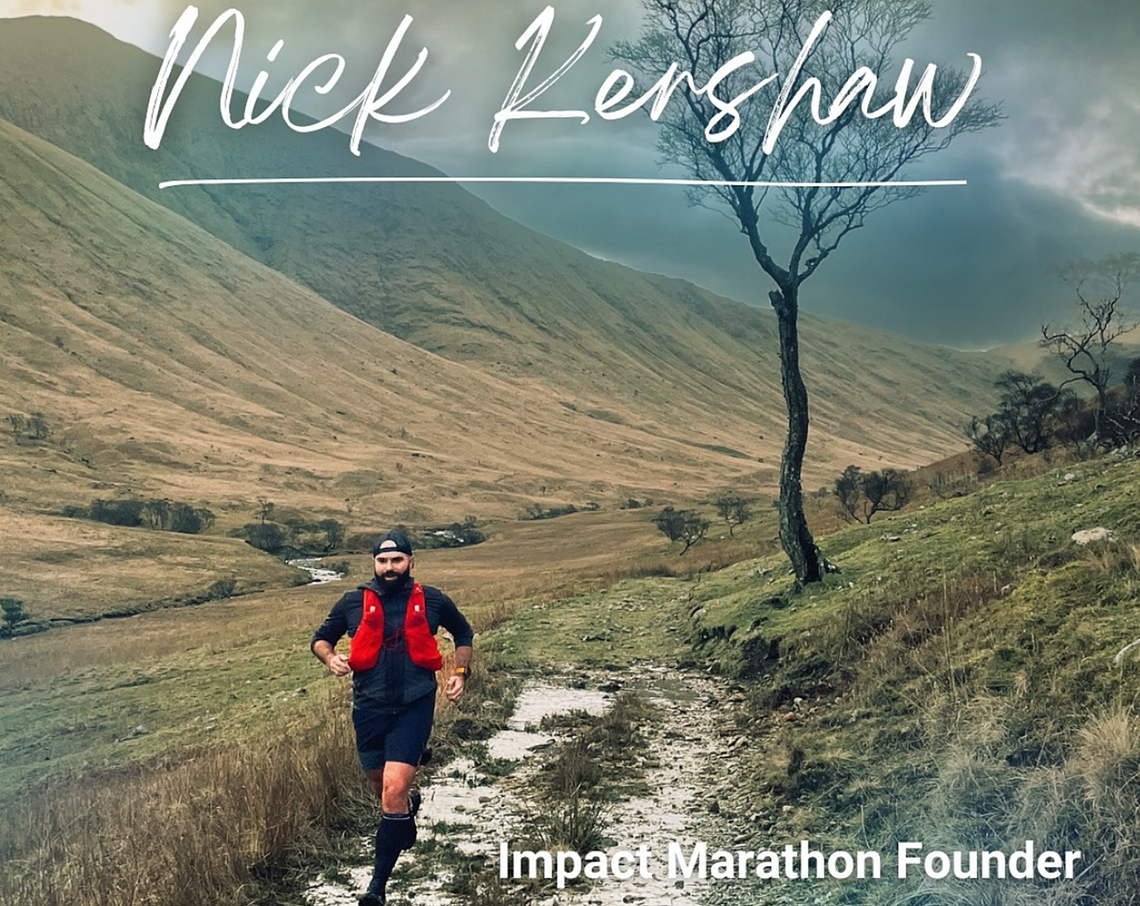
Tue 26 Mar 2024 • Liza Kershaw
inspired soles: Nick Kershaw | impact marathon founder
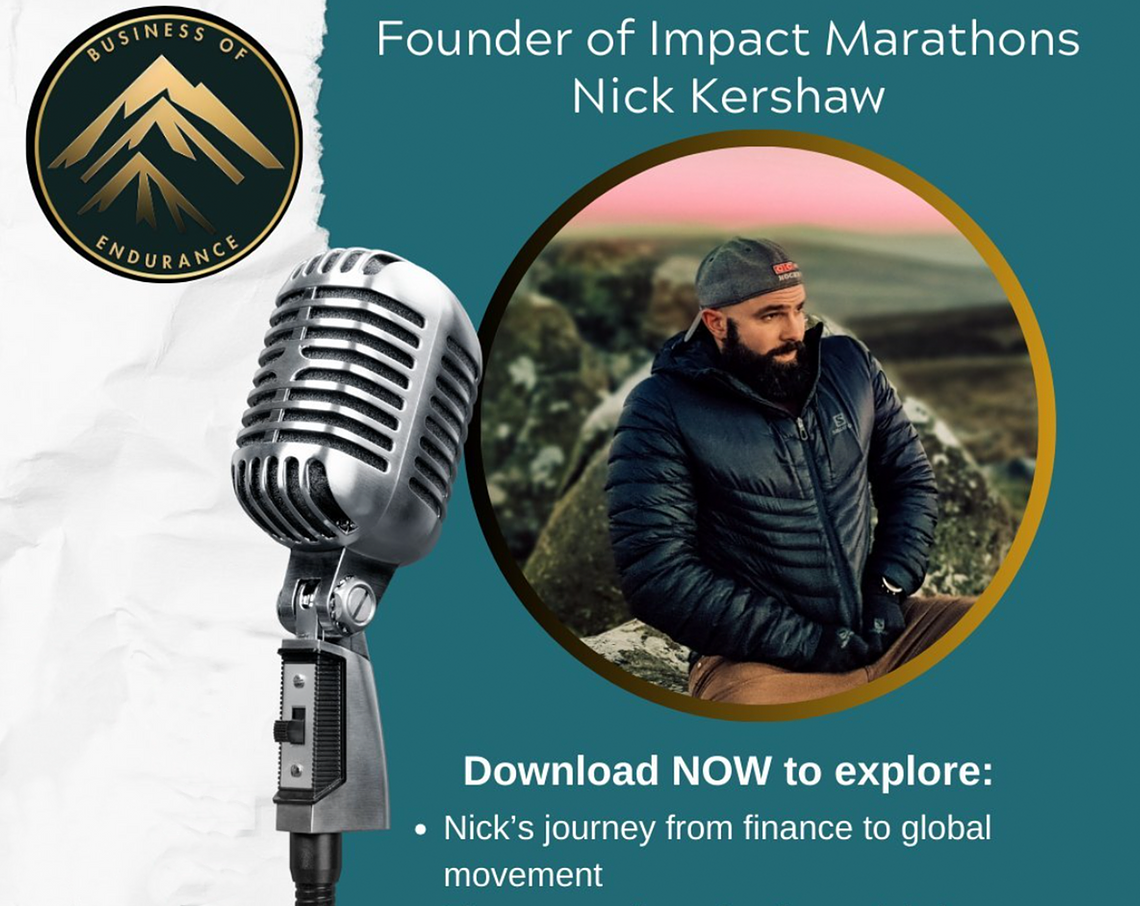
Tue 26 Mar 2024 • Liza Kershaw
business of endurance: the transformative impact of community-driven marathon events
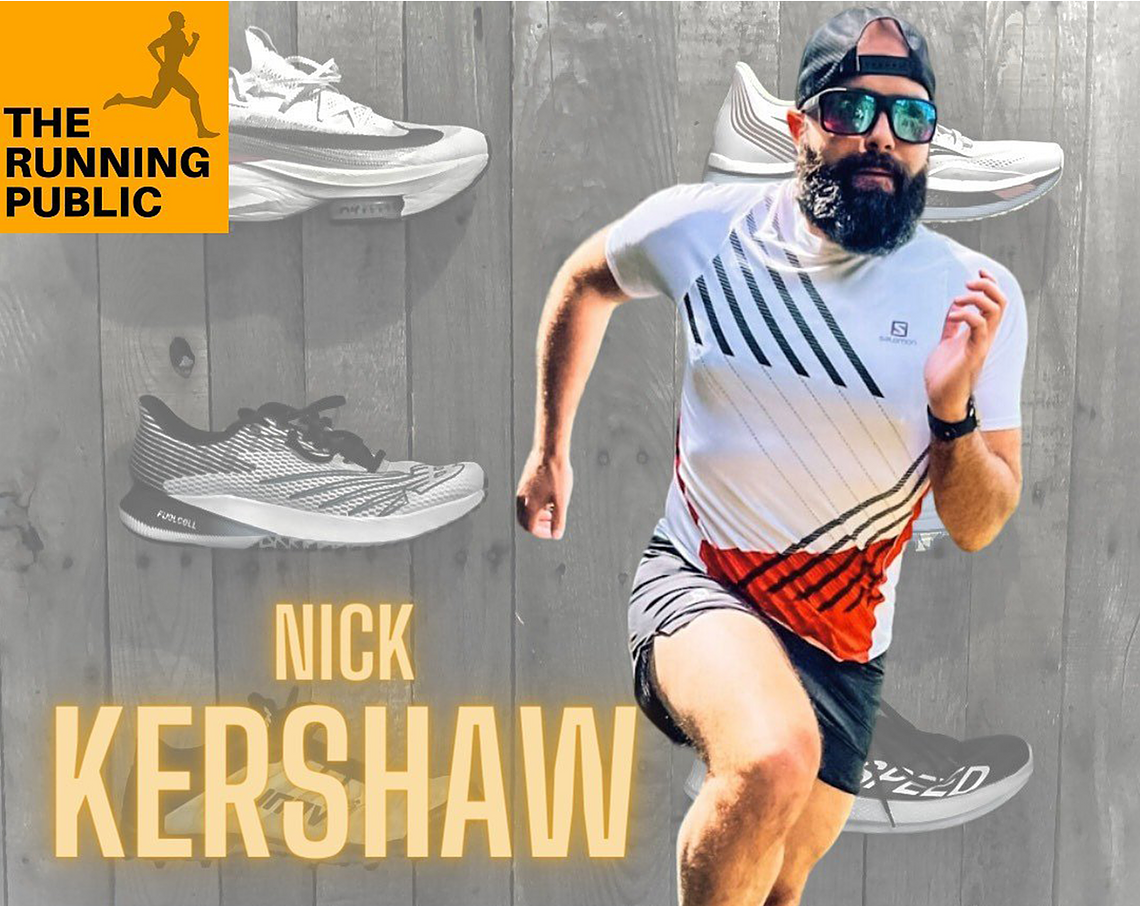
Tue 26 Mar 2024 • Liza Kershaw
the running public: interview with founder, Nick Kershaw
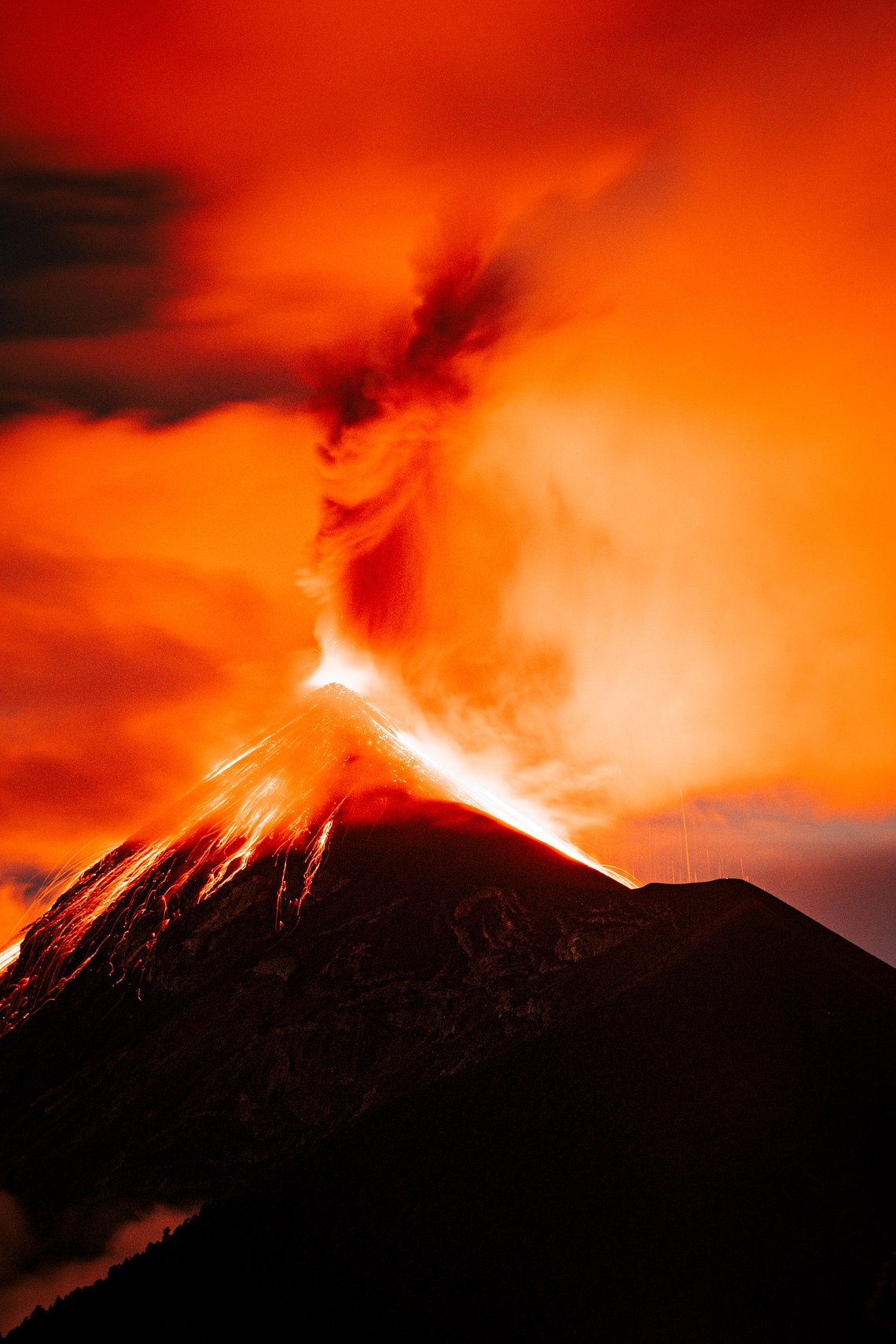
Mon 18 Mar 2024 • Nick Kershaw
impact stories: guatemala beyond the headlines
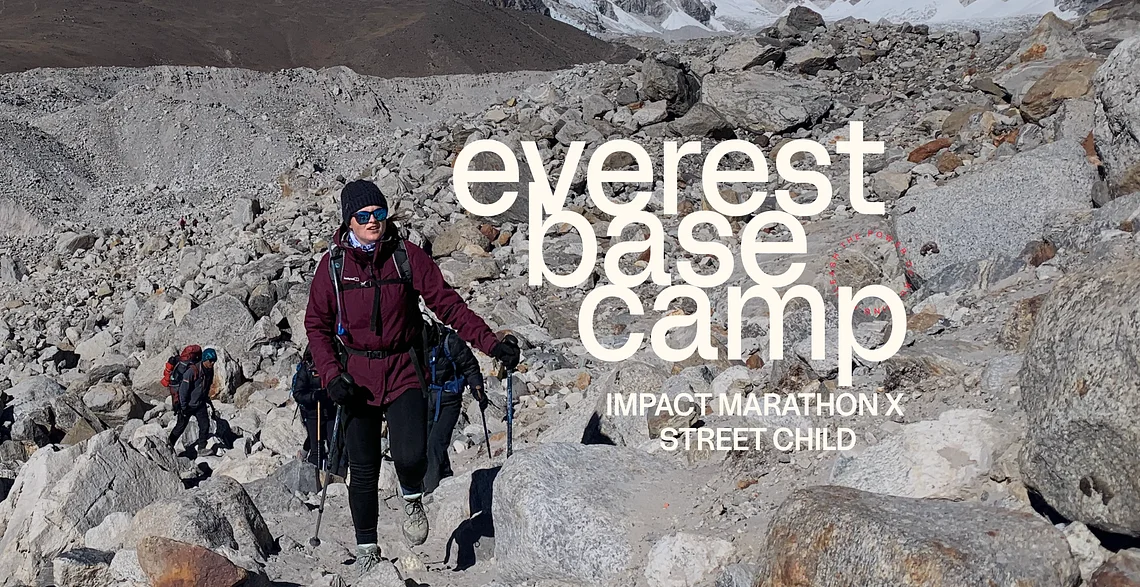
Mon 18 Mar 2024 • Nick Kershaw
Introducing Global Impact Challenges: The Next Step in the Journey of Impact Marathon
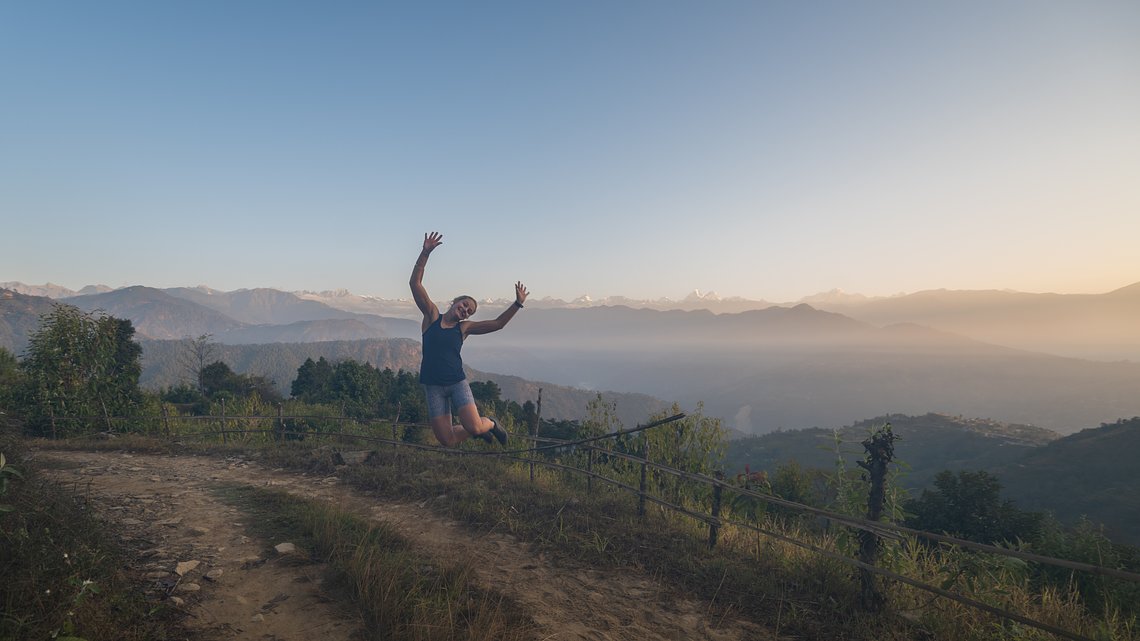
Mon 26 Feb 2024 • Liza Kershaw
impact stories: the power of unity
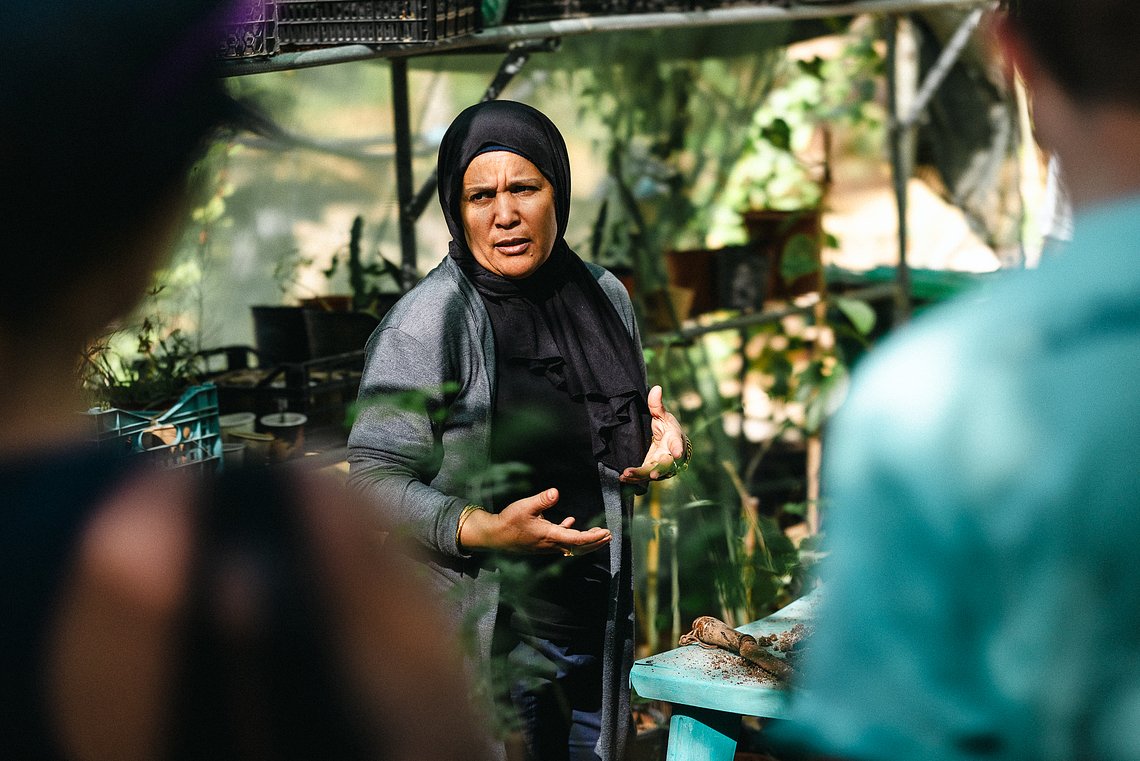
Thu 22 Feb 2024 • Liza Kershaw
impact stories - desert to oasis: the greening the desert miracle

Tue 20 Feb 2024 • Liza Kershaw
2025 Guatemala Impact Marathon: A Thoughtful Stride into the Future
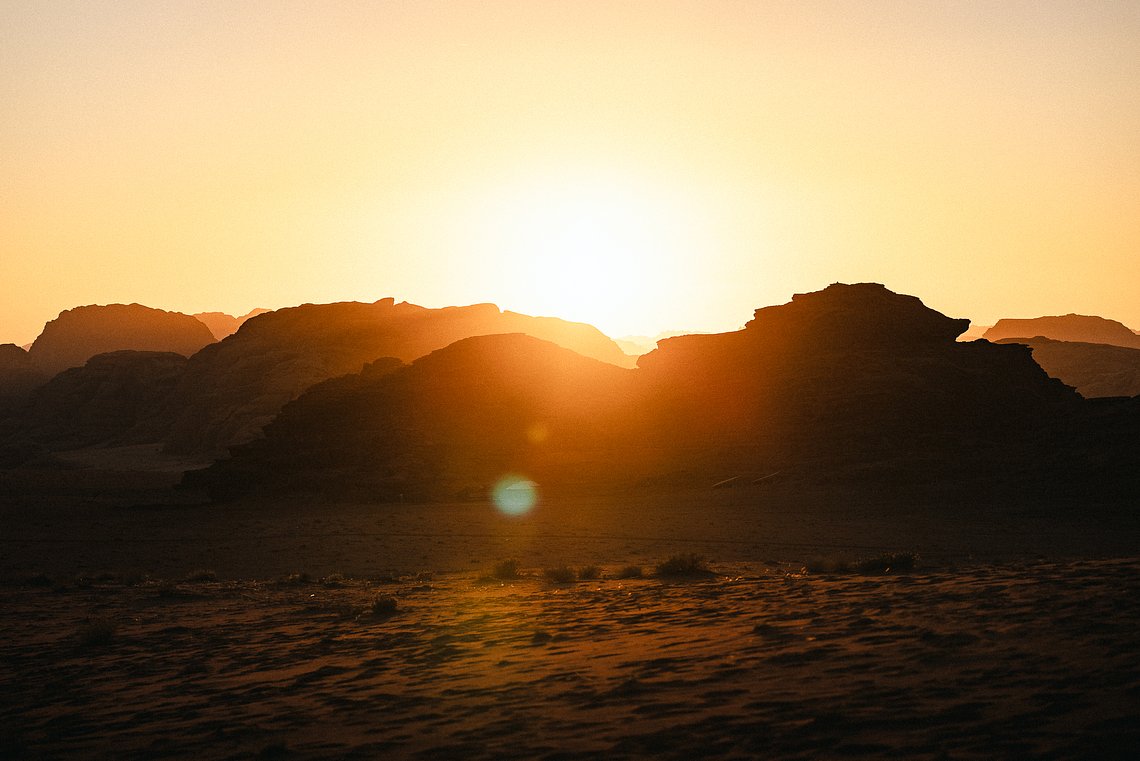
Fri 16 Feb 2024 • Liza Kershaw
impact stories: how to be powerful
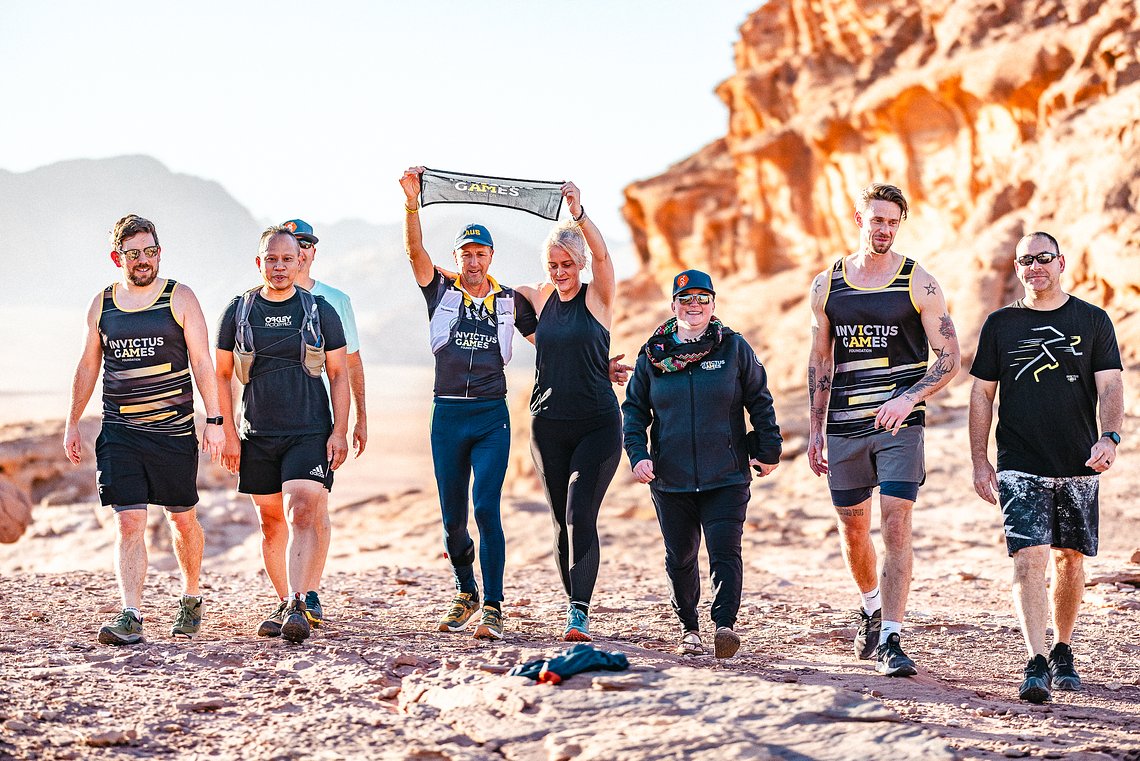
Thu 1 Feb 2024 • Nick Kershaw
Empowering Strides: Unveiling the World’s Most Powerful Races in 2024
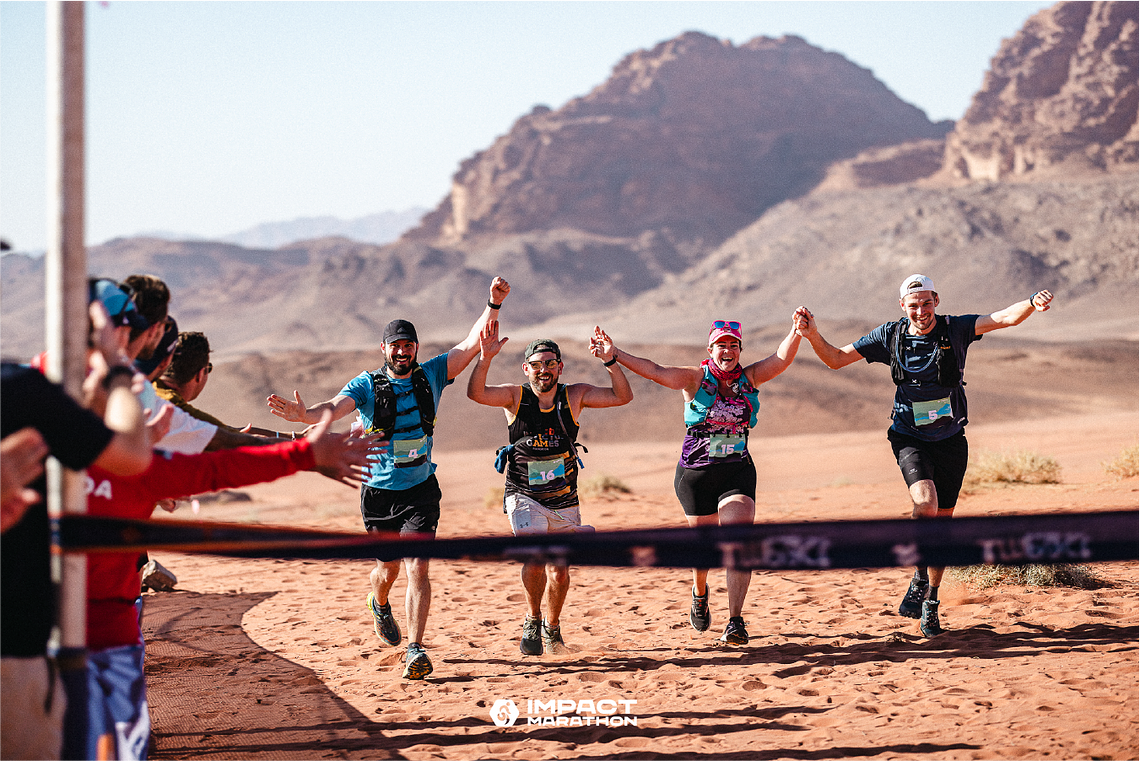
Wed 27 Dec 2023 • Nick Kershaw
Echoes of Impact: A Reflective Journey Through 2023's Races and Beyond
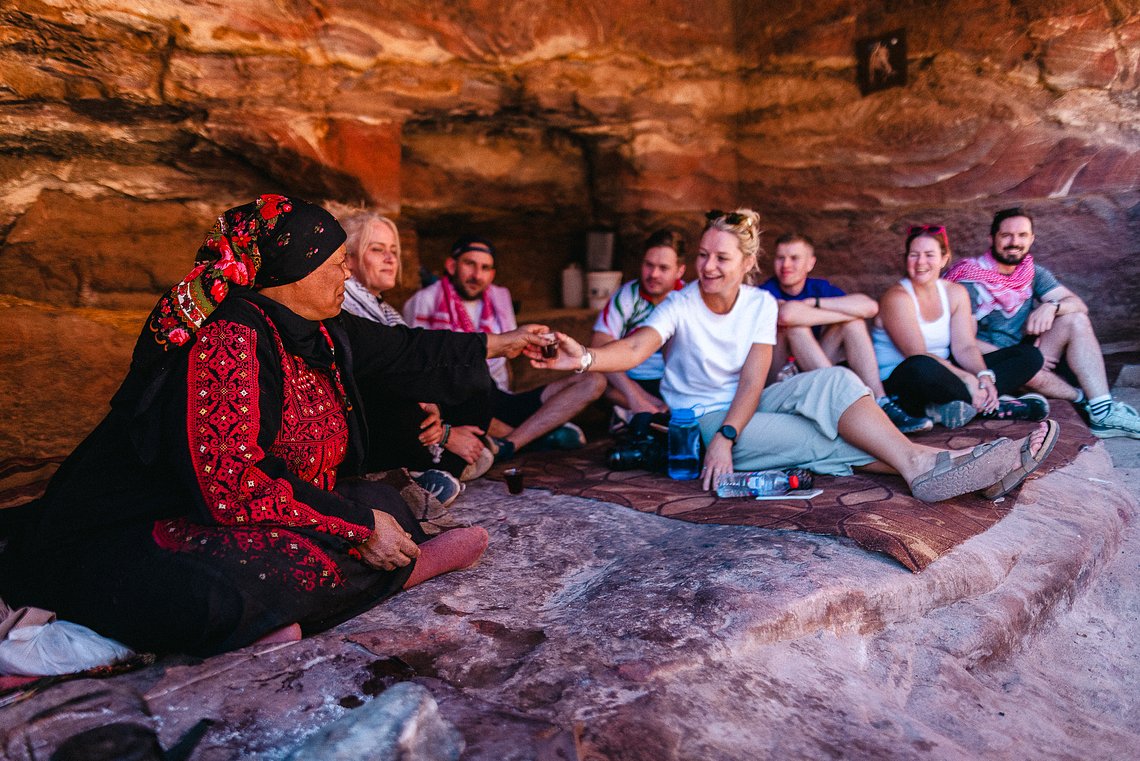
Thu 14 Dec 2023 • Nick Kershaw
Petra Reimagined: A Testament to Resilience and Solidarity with Impact Marathon
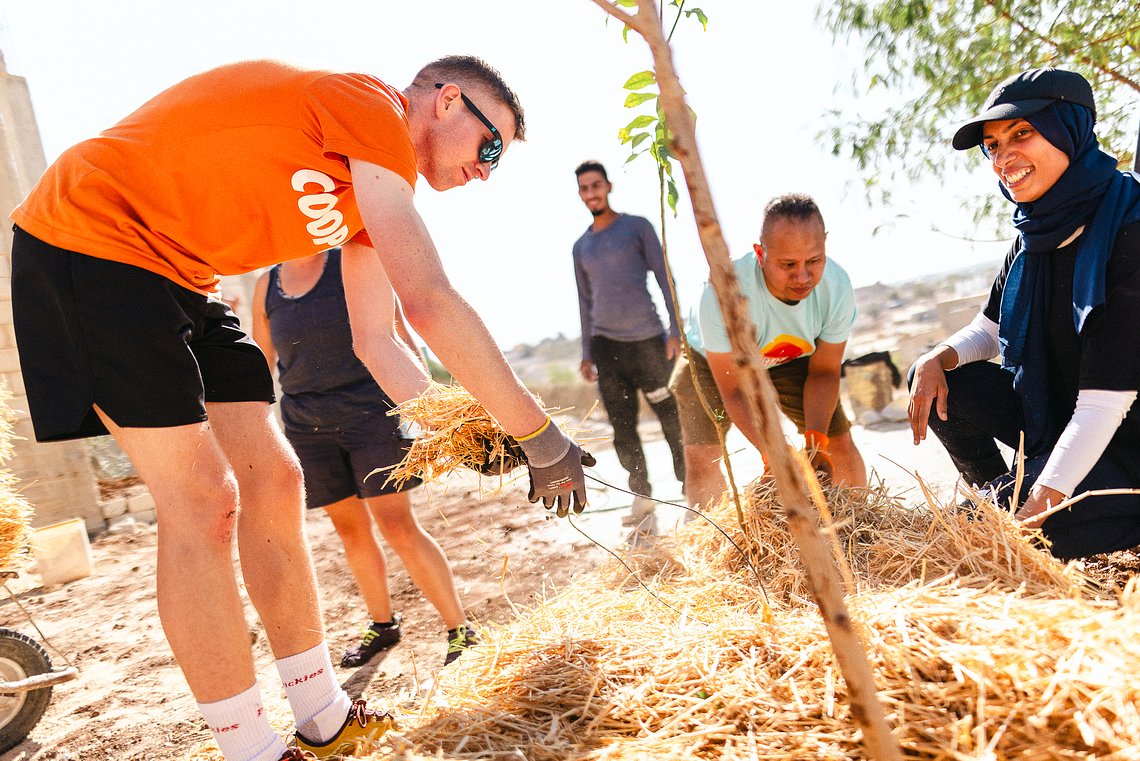
Thu 7 Dec 2023 • Nick Kershaw
Turn a desert green? That's Impossible!
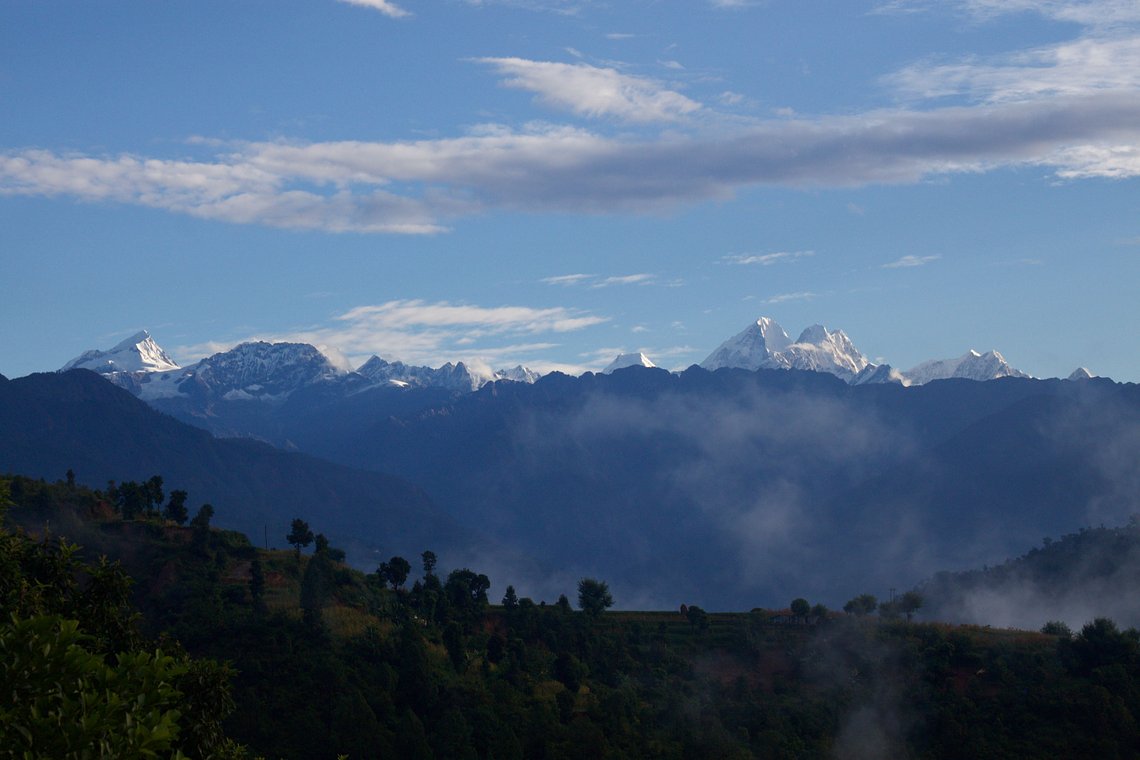
Tue 24 Oct 2023 • Liza Kershaw
PODCAST: The Crevasse
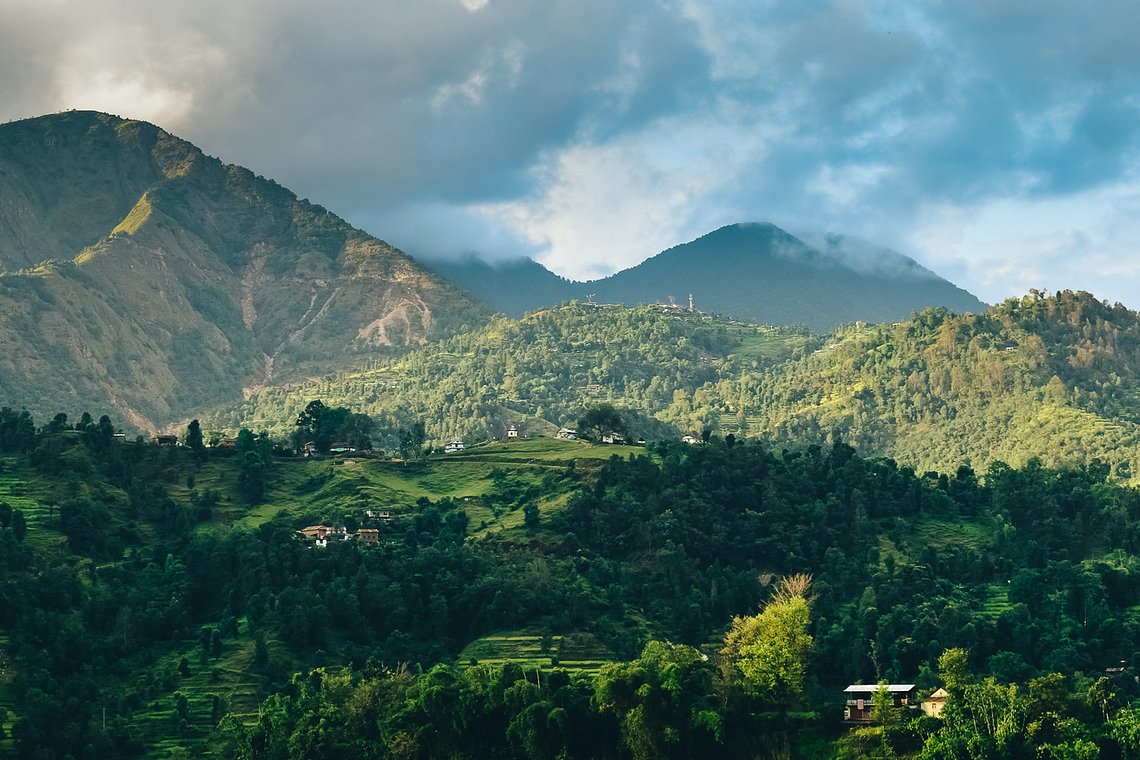
Mon 23 Oct 2023 • Liza Kershaw
PODCAST: From Turning Points to Learning Points
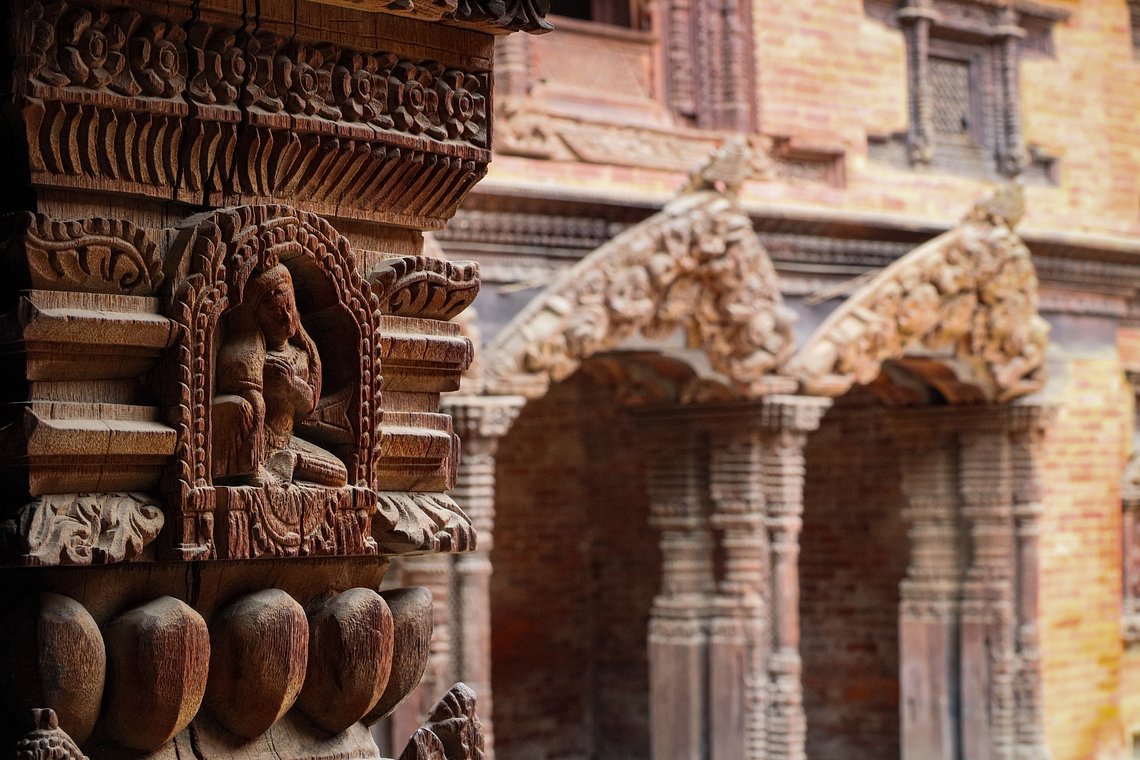
Sat 21 Oct 2023 • Liza Kershaw
PODCAST: How Just ONE Meeting Changes Everything
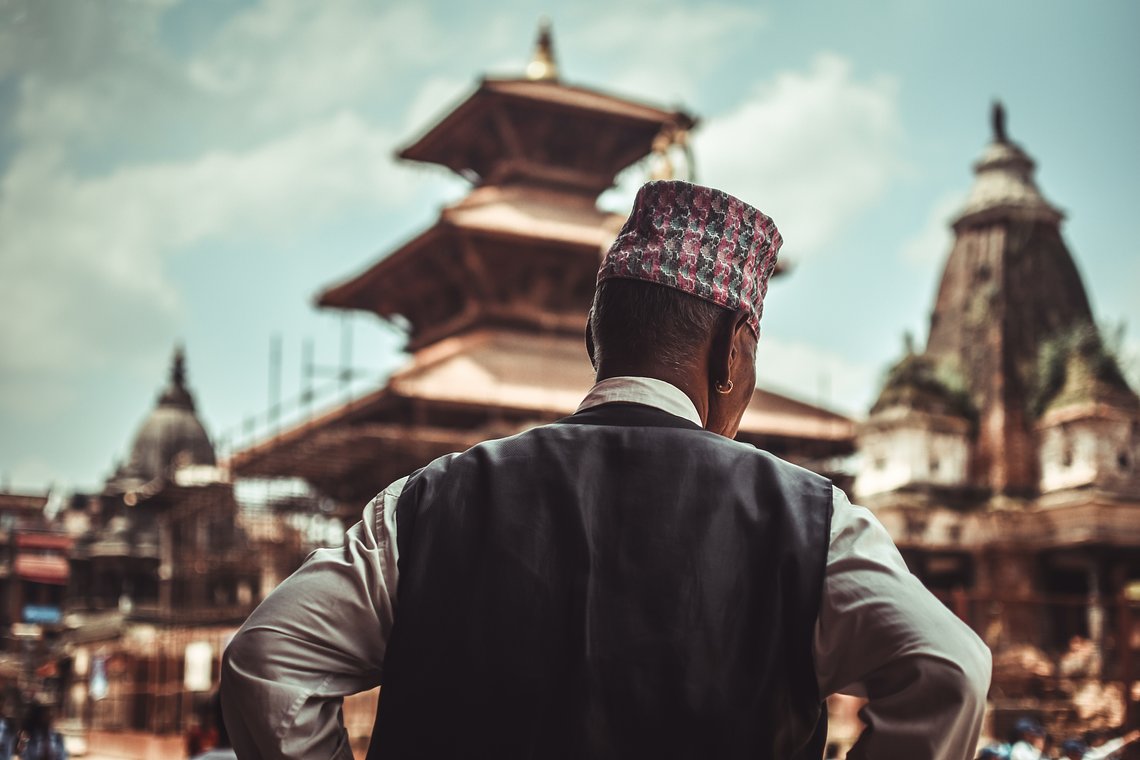
Fri 20 Oct 2023 • Liza Kershaw
PODCAST: Starting from Zero in Kathmandu
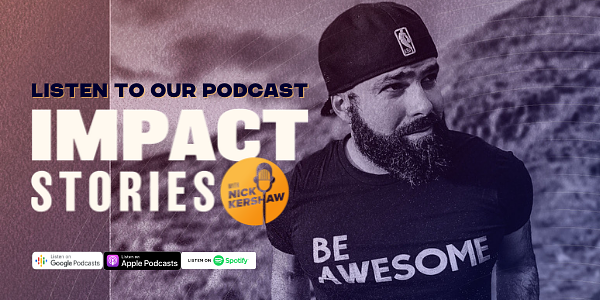
Thu 19 Oct 2023 • Liza Kershaw
PODCAST: The Unfolding Origin of Impact Marathons
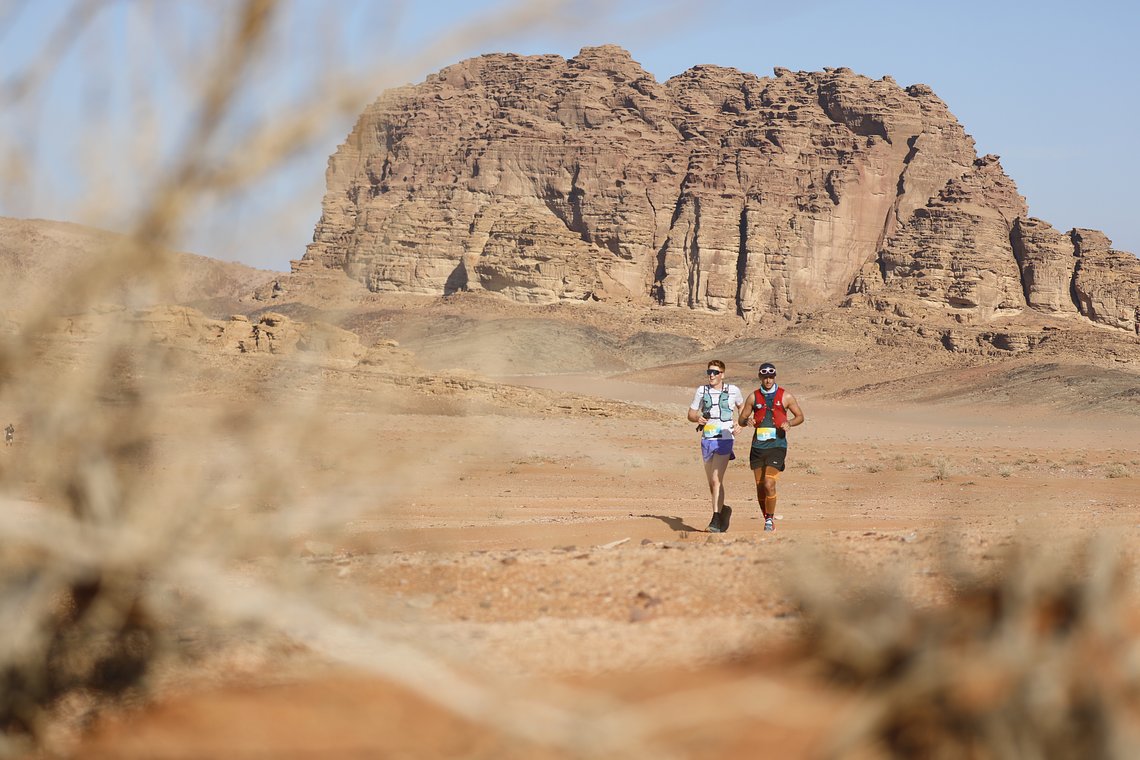
Mon 16 Oct 2023 • Nick Kershaw
A Bucket-List Marathon: Why Jordan Should Be Your Next Running Destination
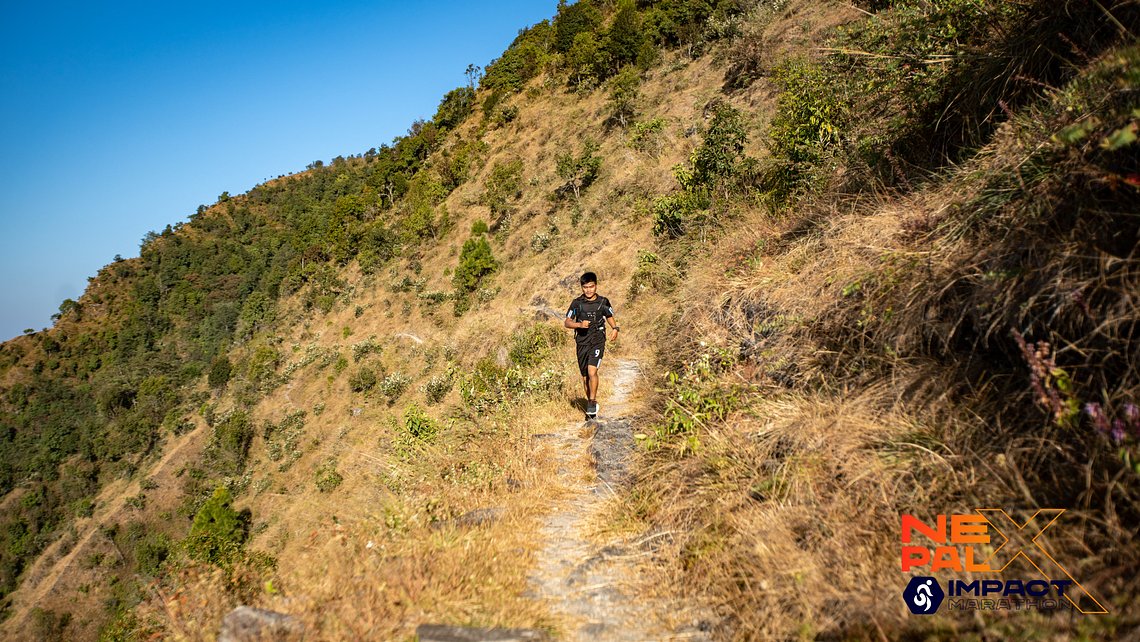
Thu 12 Oct 2023 • Nick Kershaw
5 Reasons the Nepal Impact Marathon Is More Than Just a Race
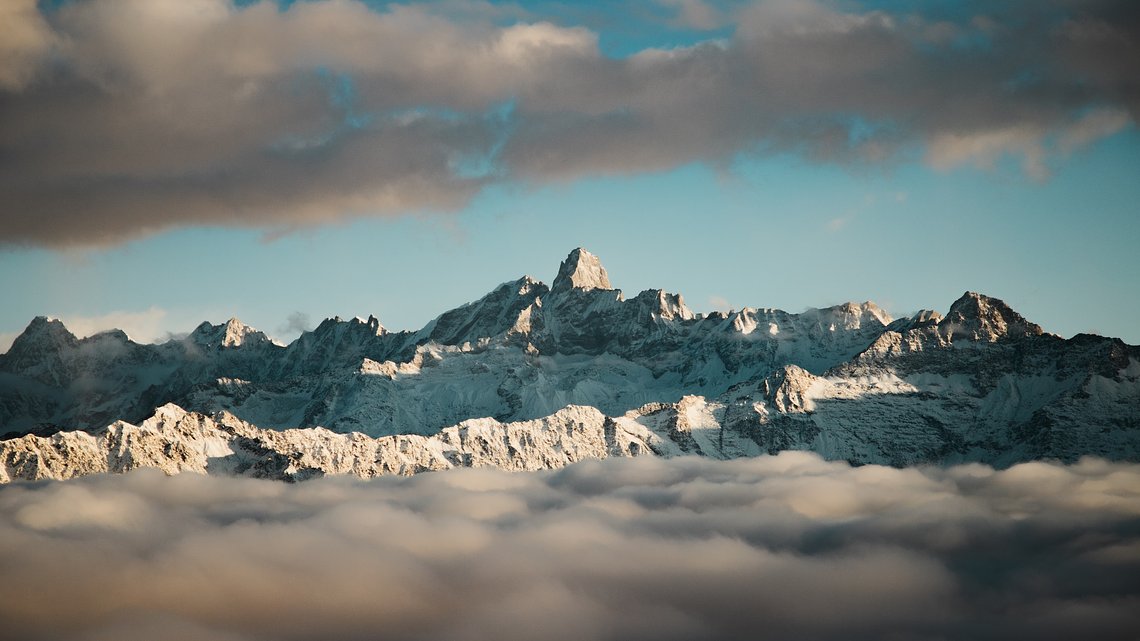
Tue 26 Sep 2023 • Nick Kershaw
Regenerative Travel and the Nepal Impact Marathon: Running for a Better World
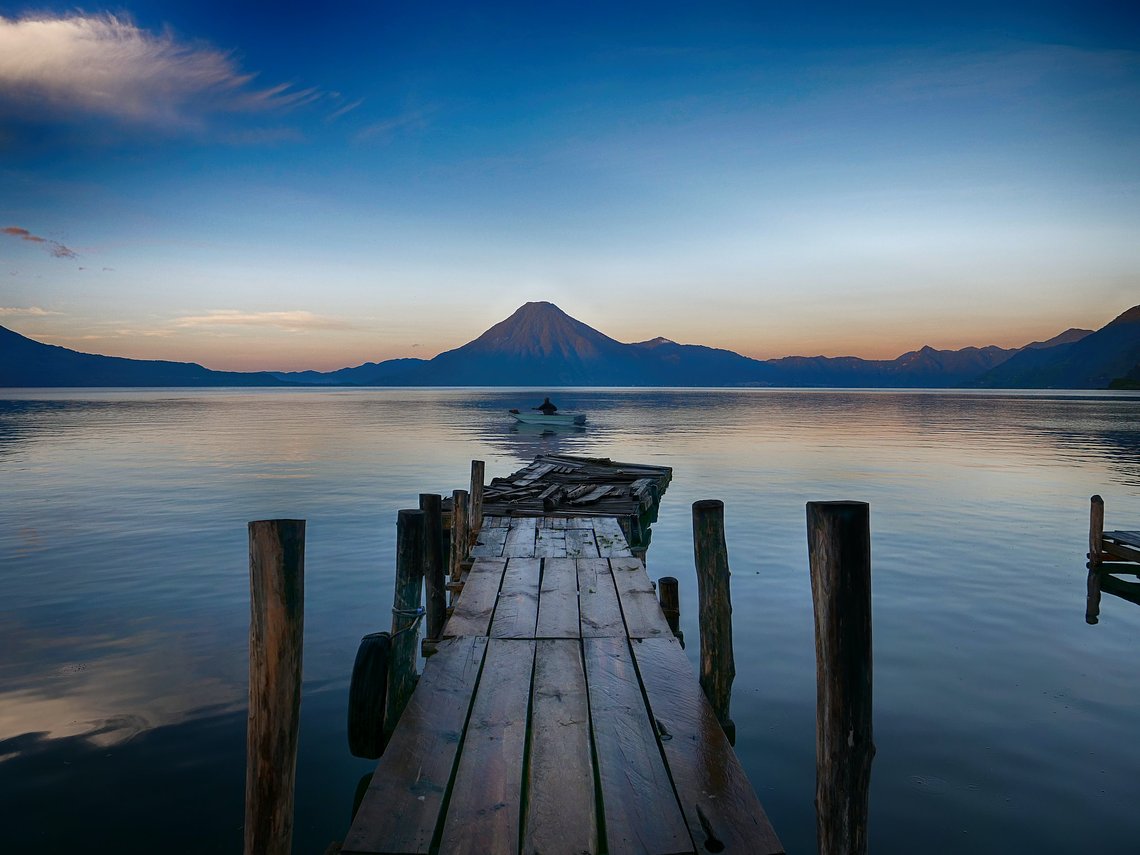
Mon 18 Sep 2023 • Nick Kershaw
Why Guatemala Is the Perfect Adventure Destination for U.S. Trail Runners
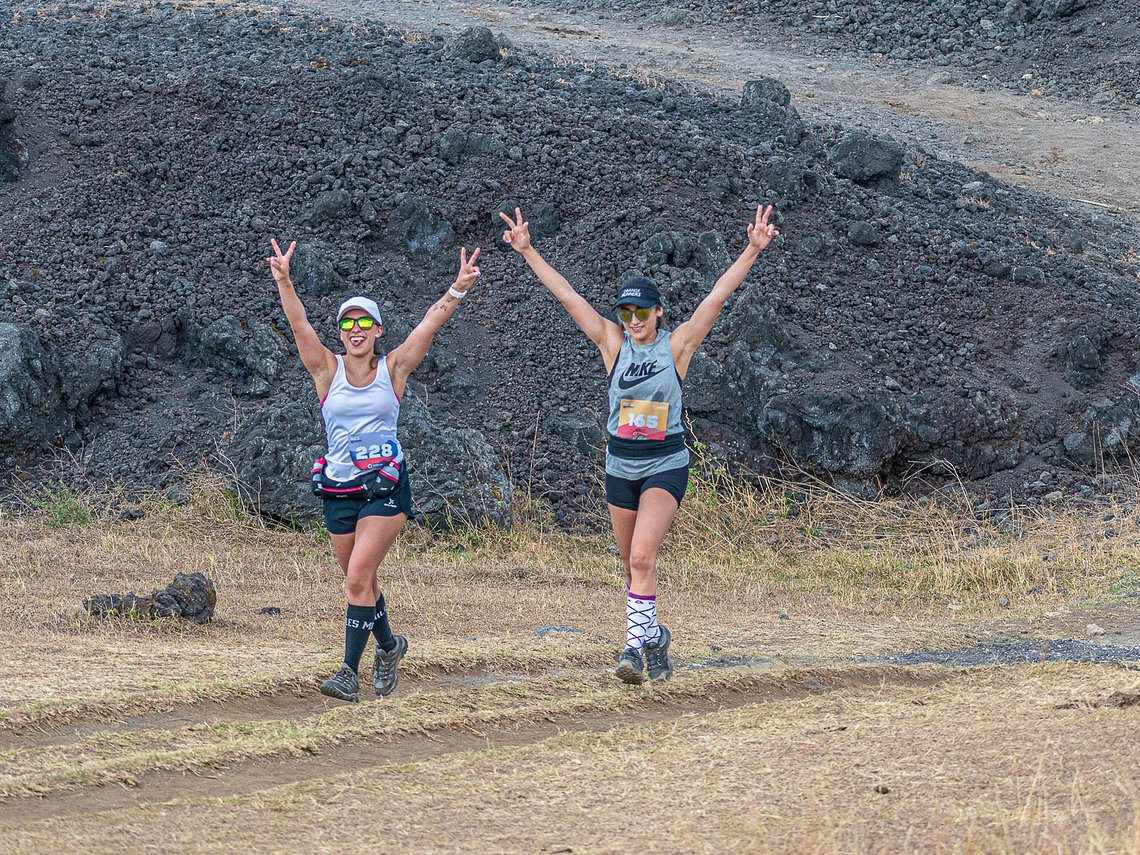
Thu 7 Sep 2023 • Nick Kershaw
Why Team Up For the Guatemala Impact Marathon?
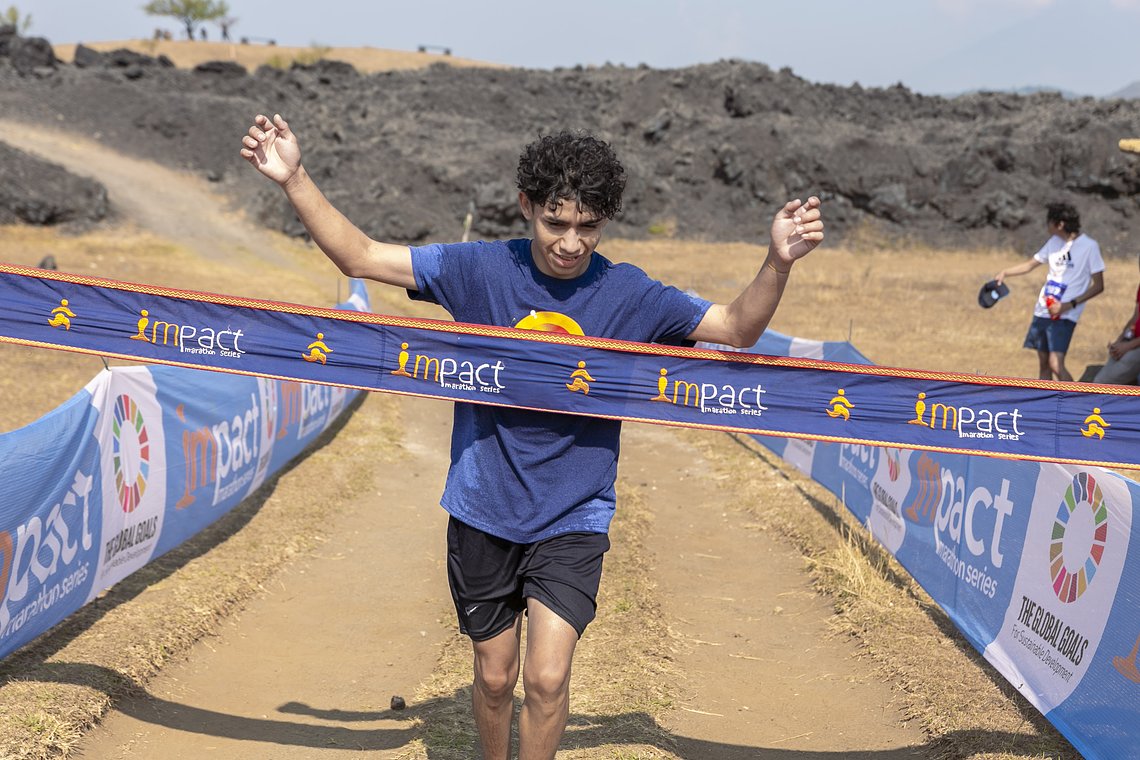
Tue 5 Sep 2023 • Nick Kershaw
Running with Purpose: The Synergistic Impact of SERES, Youth Leadership, and the Guatemala Impact Marathon
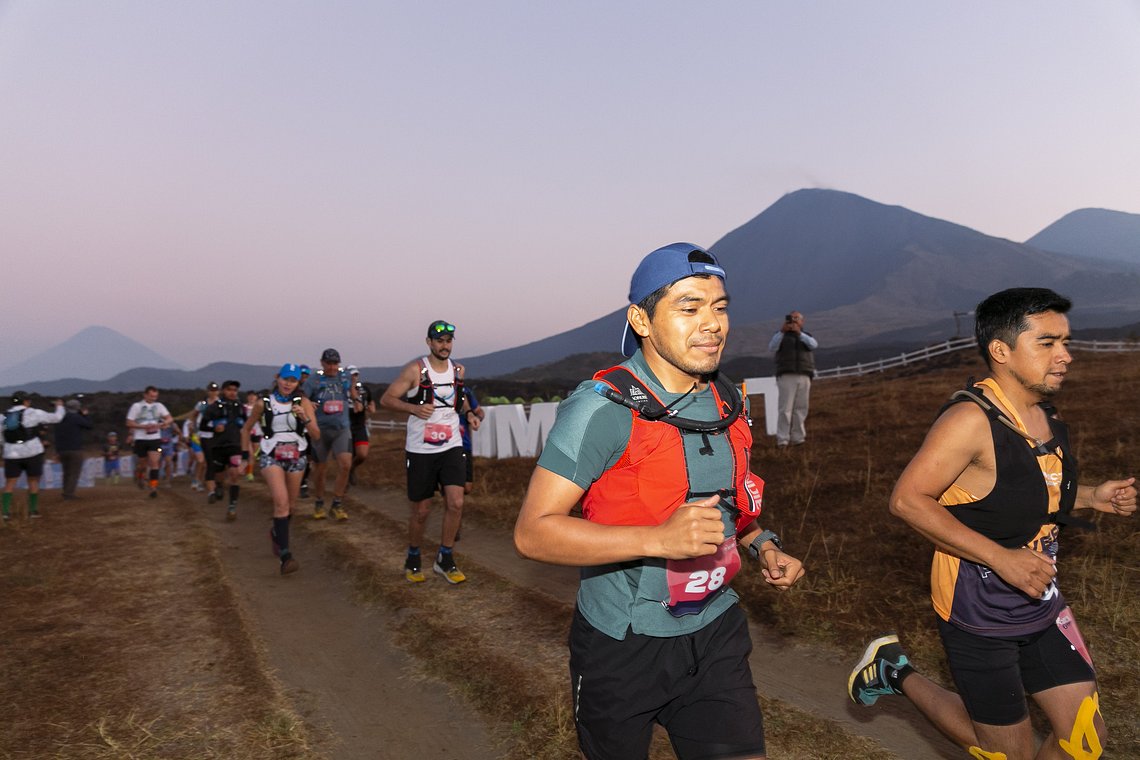
Thu 31 Aug 2023 • Nick Kershaw
Adapting to Tropical Conditions: An Evidence-Based Approach to Training for International Marathons

Tue 29 Aug 2023 • Nick Kershaw
A Beginner's Guide to International Marathons: Why Start with Guatemala
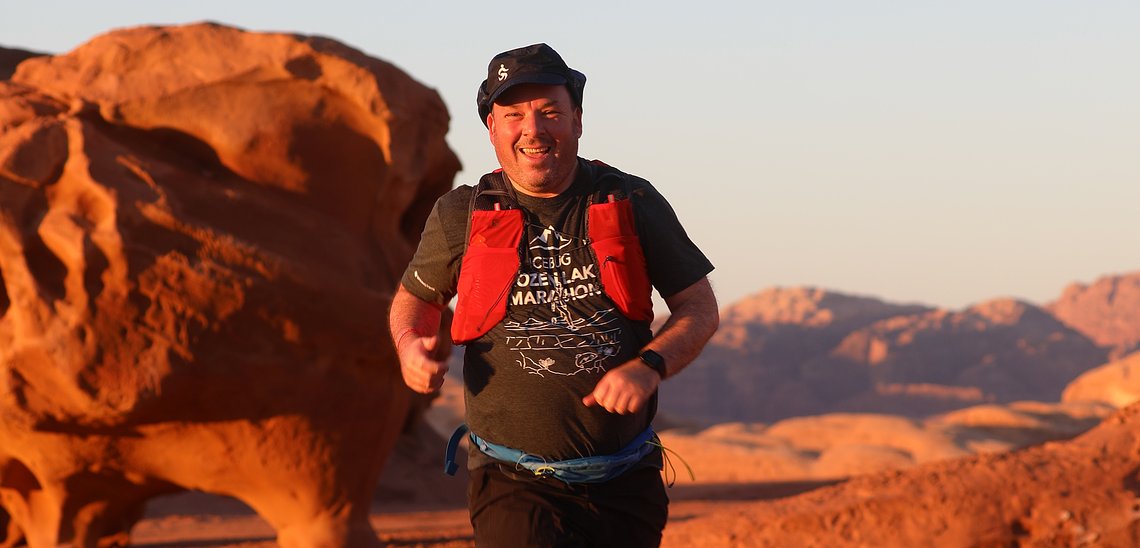
Thu 10 Aug 2023 • Nick Kershaw
Running with purpose: the Jordan Impact Marathon partners with the Invictus Games Foundation
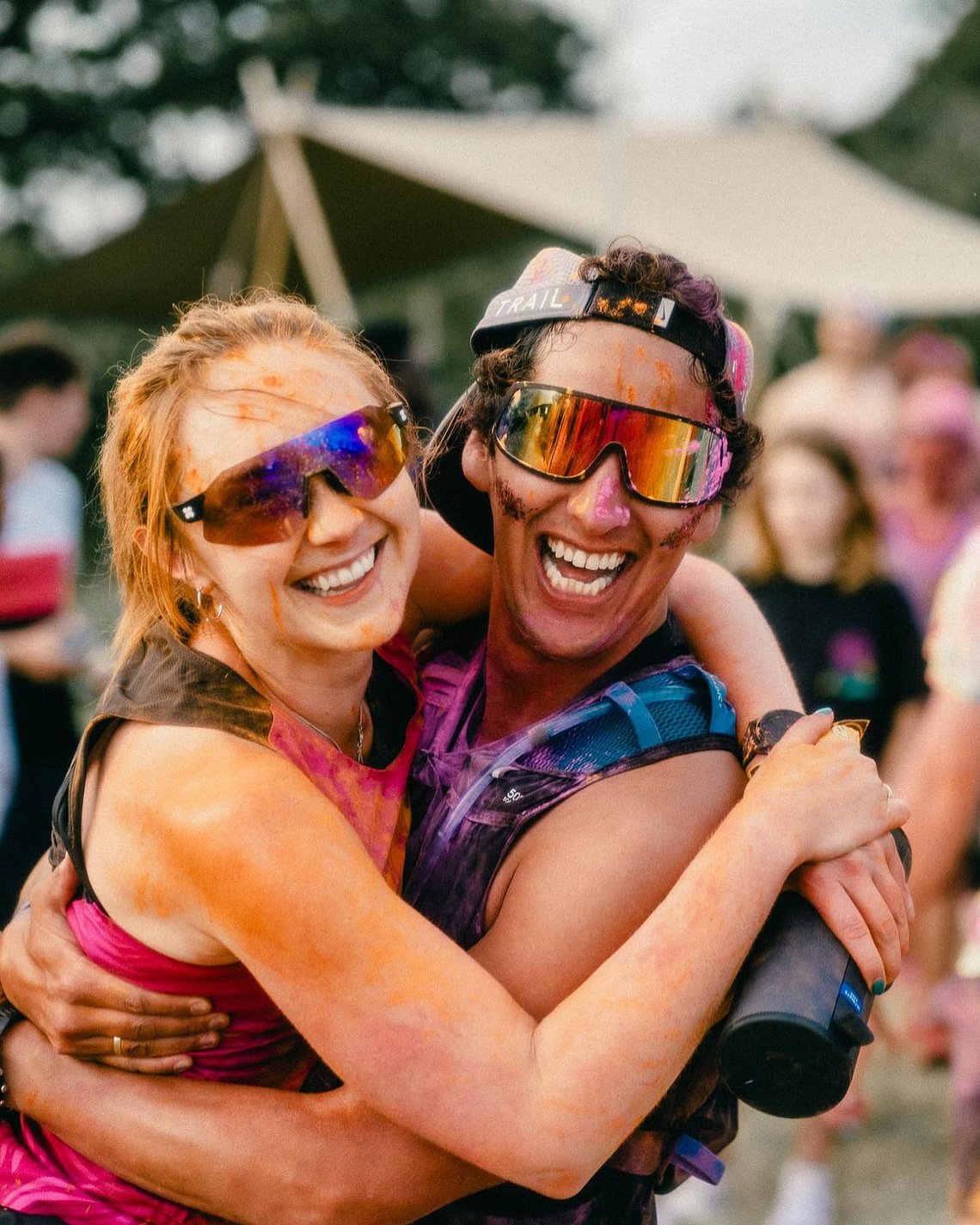
Fri 14 Jul 2023 • Nick Kershaw
Lessons from Love Trails: Celebrating Obsession with Experience Creation in the World of Running Events
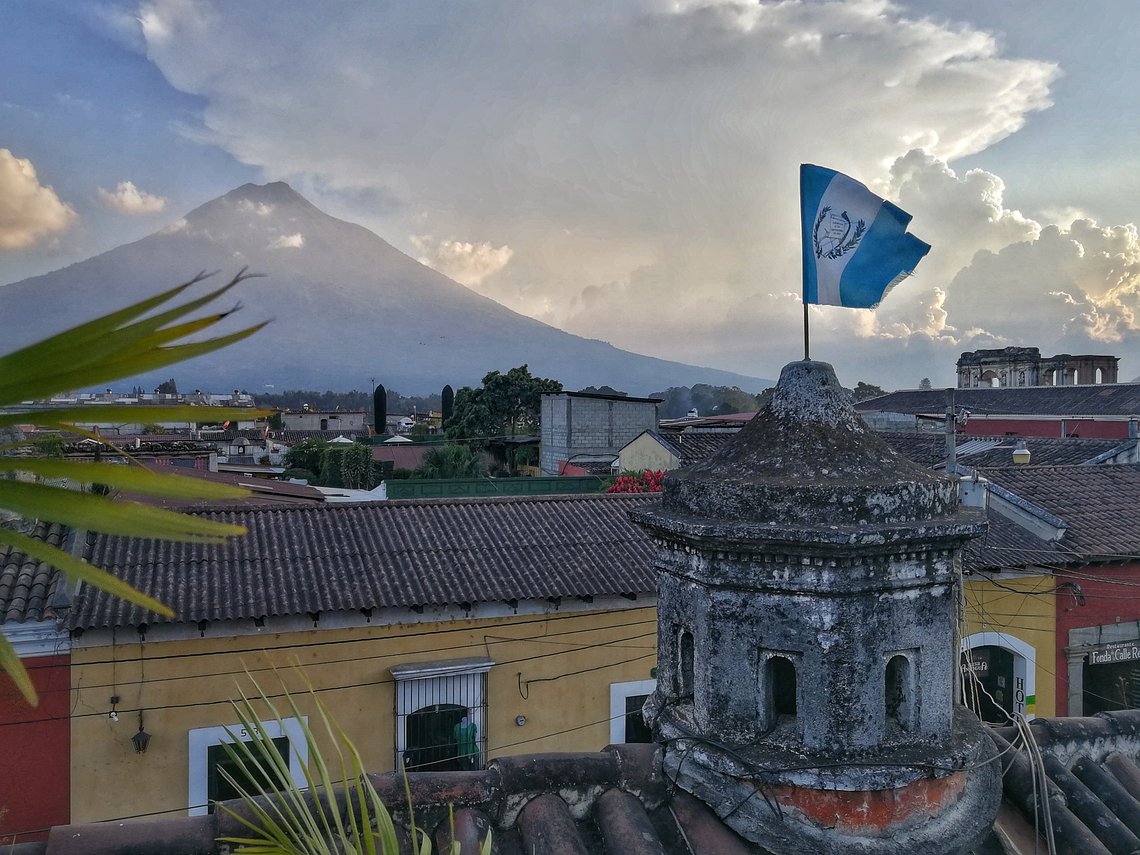
Fri 23 Jun 2023 • Nick Kershaw
Exploring the Enchanting History of Antigua: Our Home for the 7th Guatemala Impact Marathon
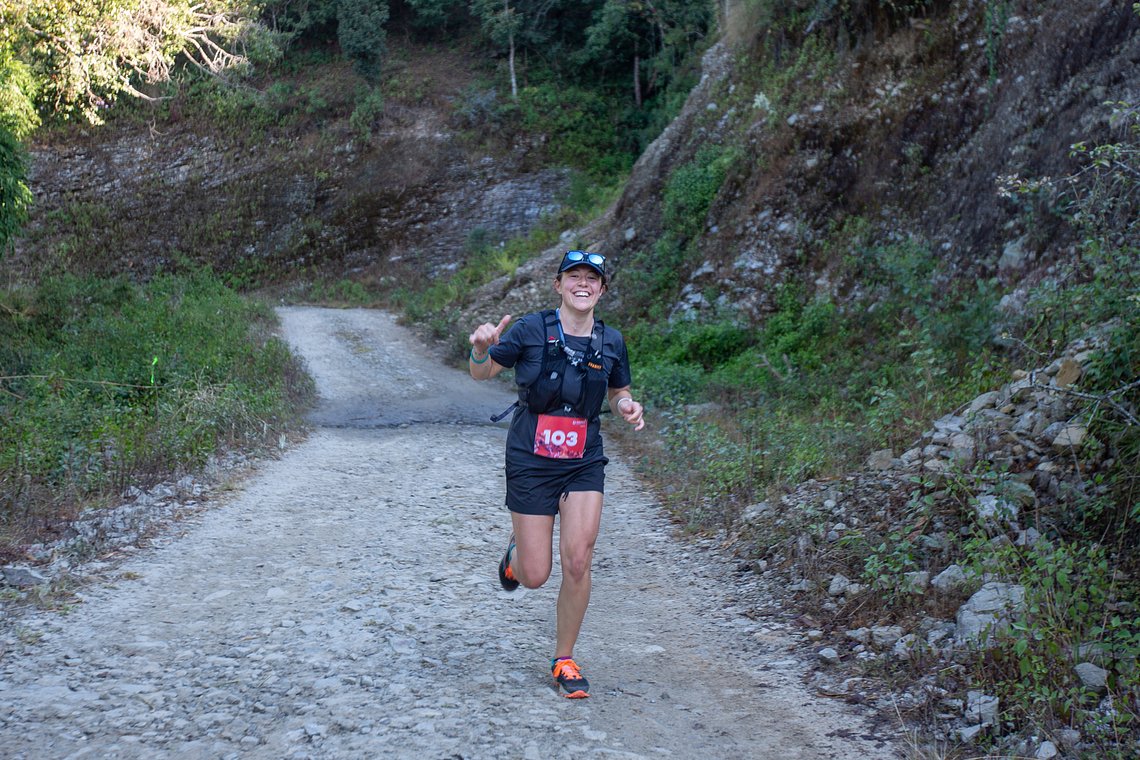
Tue 20 Jun 2023 • Nick Kershaw
Run the Extra Mile: Impact Marathons and the Journey to Social Change
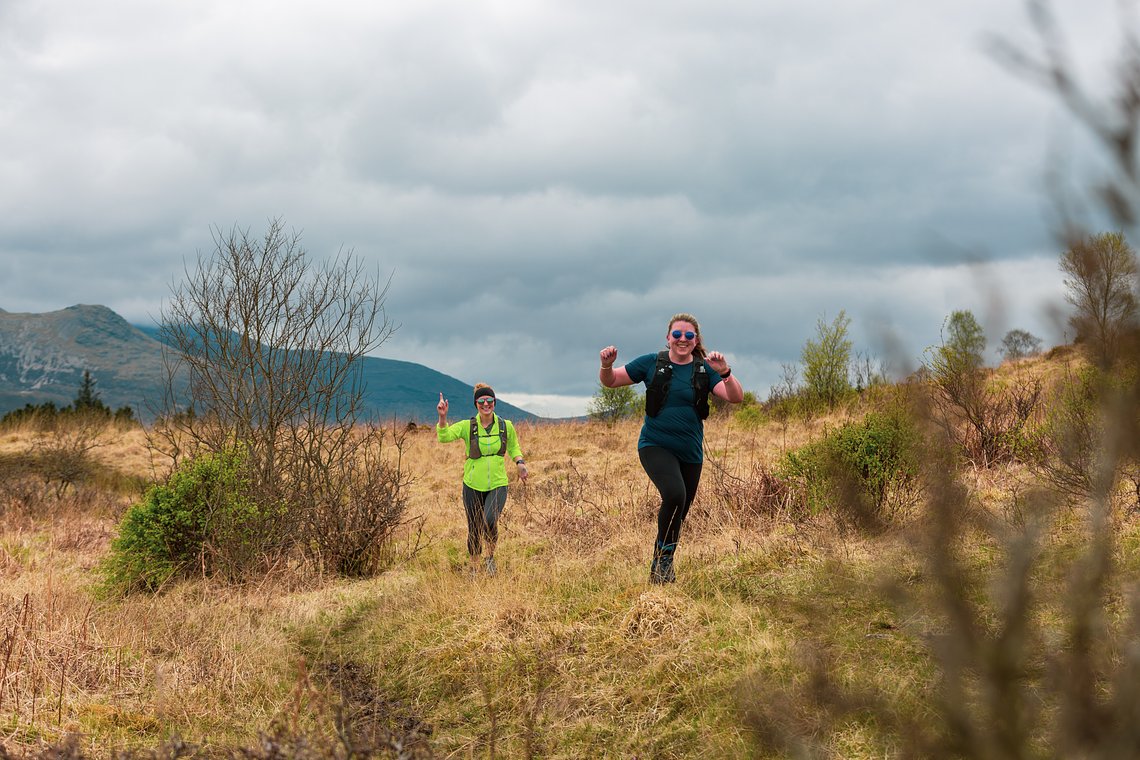
Mon 19 Jun 2023 • Nick Kershaw
Women on the start line: Integrating SheRaces into our Impact Marathons
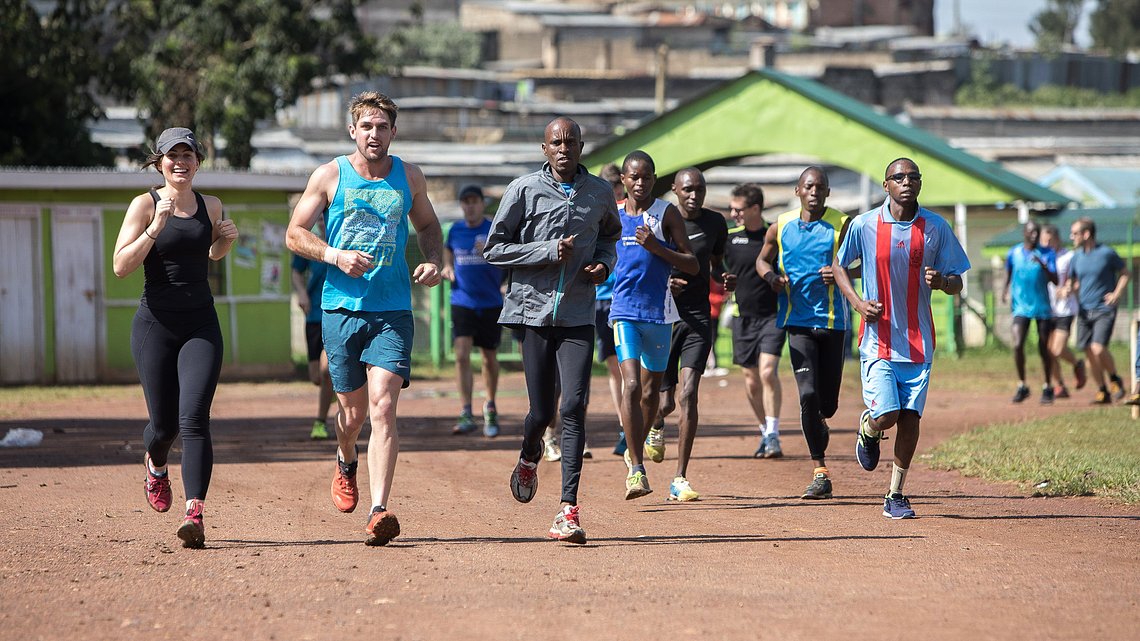
Thu 25 May 2023 • Dave Melody
Why Impact Marathons are changing the face of global charity events

Wed 18 Jan 2023 • Nick Kershaw
ChatGPT wrote a poem about our run in Guatemala...
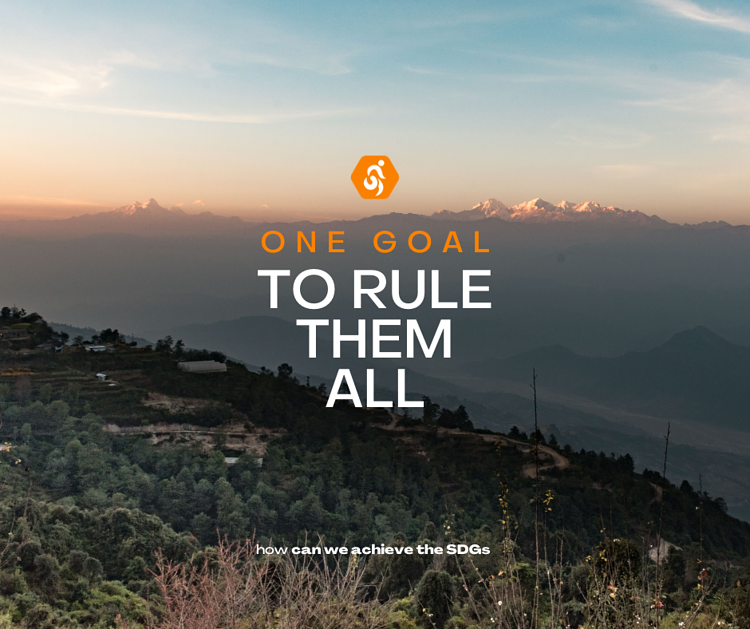
Wed 21 Jul 2021 • Nick Kershaw
One goal to rule them all : A lesson learnt in our pursuit of The Global Goals
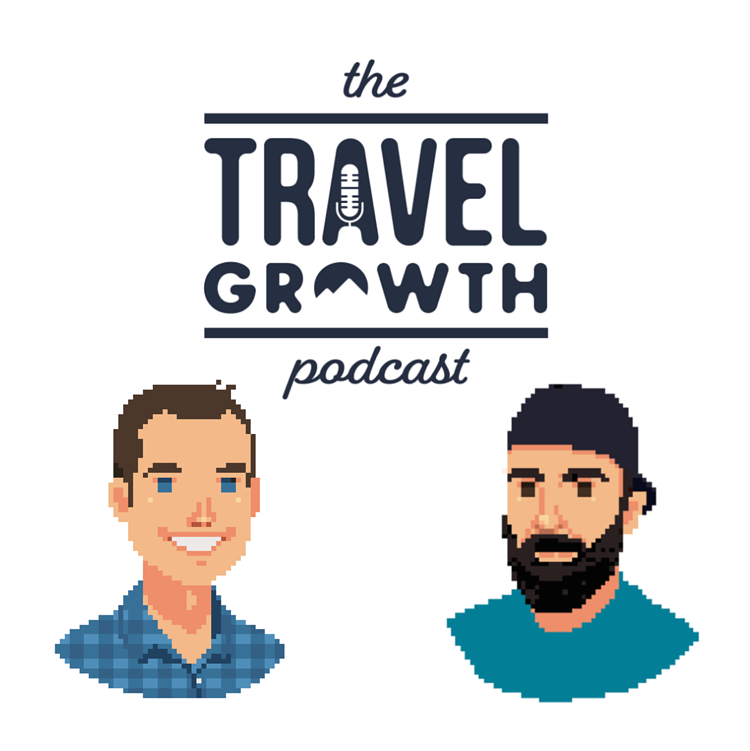
Tue 15 Jun 2021
Dropping pebbles, investing in yourself and making an impact
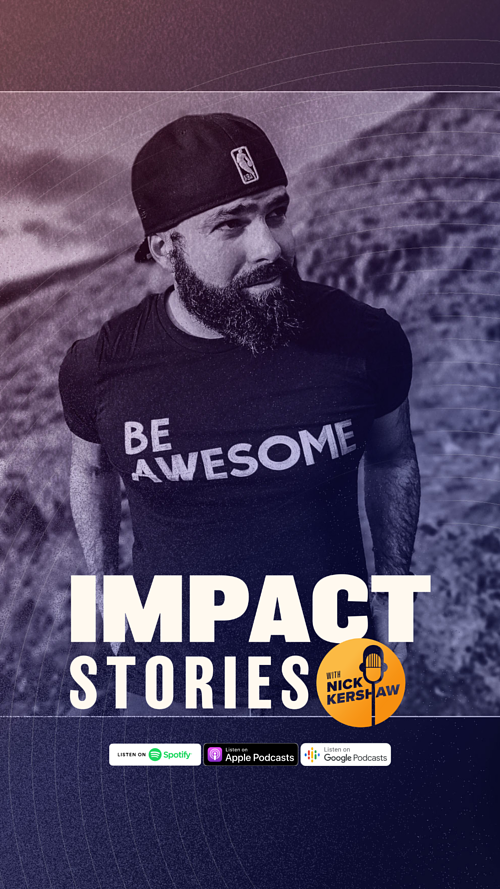
Fri 12 Feb 2021
Introducing: Impact Stories with Nick Kershaw
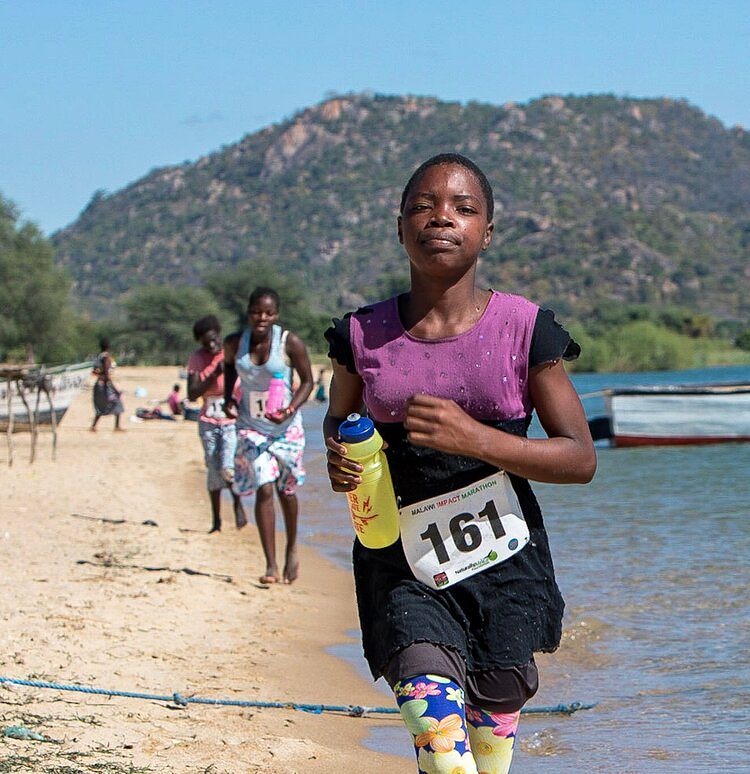
Fri 12 Feb 2021
Going Green in Malawi: An unexpected challenge
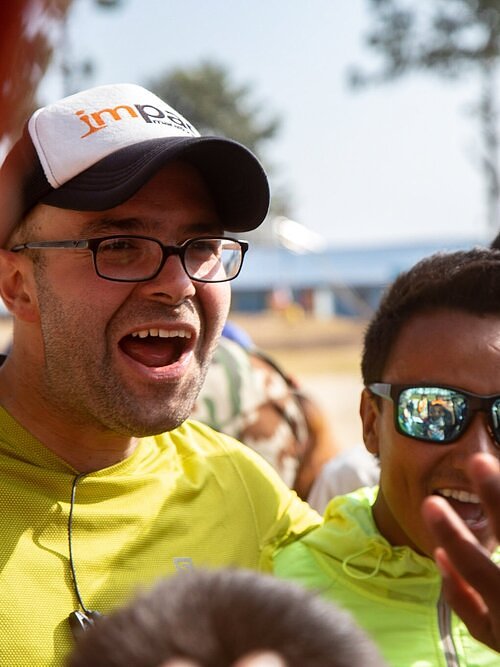
Fri 12 Feb 2021
Impact 101: Conversation with 'We Got The Runs' Podcast
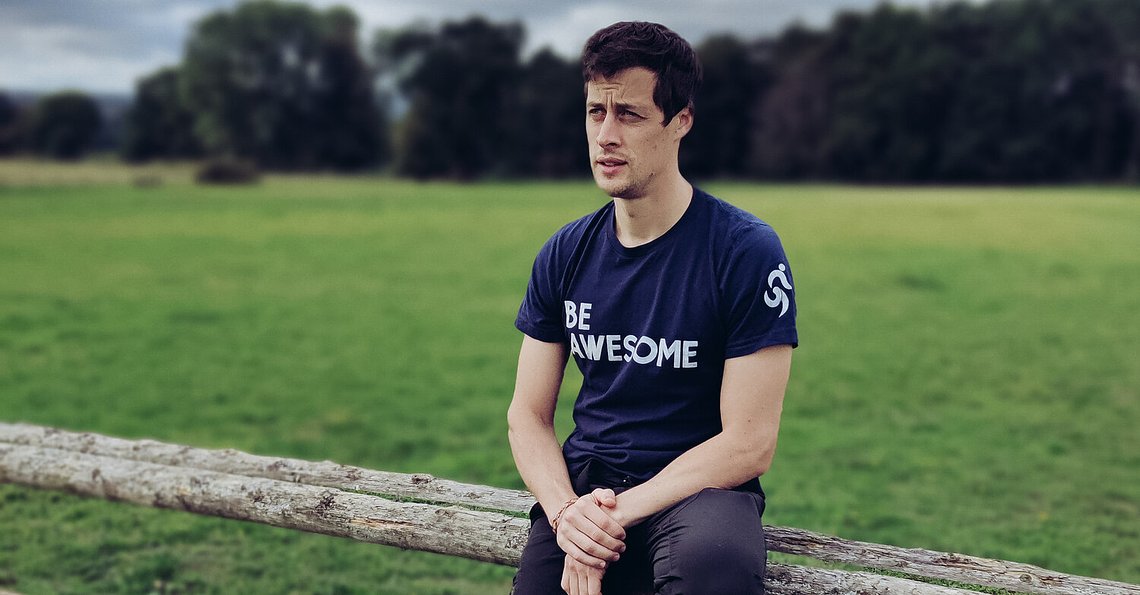
Fri 27 Nov 2020
Ultimate Gift Guide for the Ethical Runner
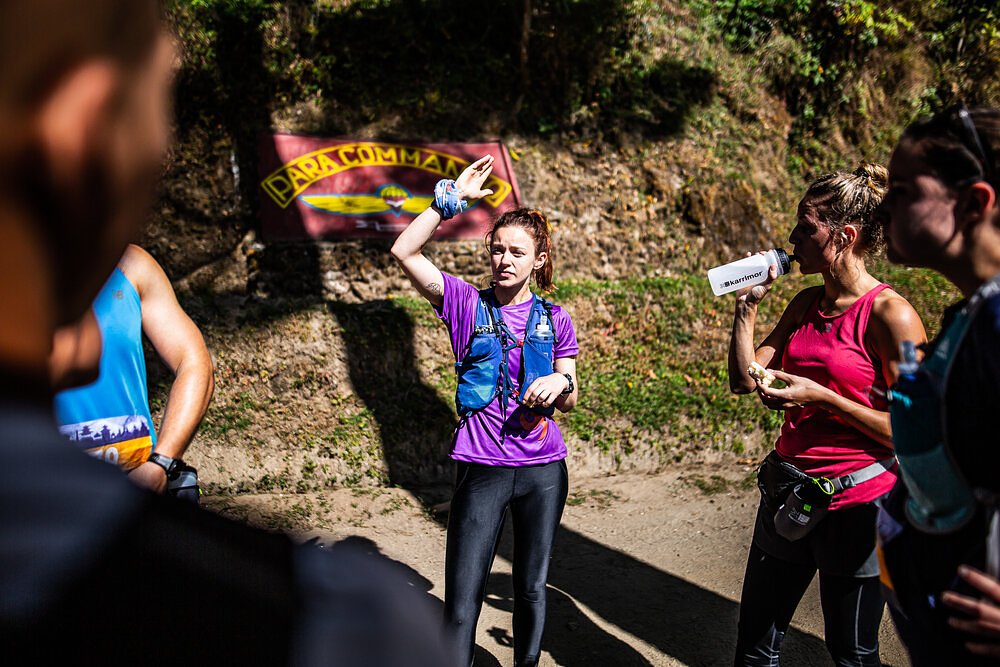
Mon 2 Nov 2020
How do you create a new race route? Meet the Impact Pyramid
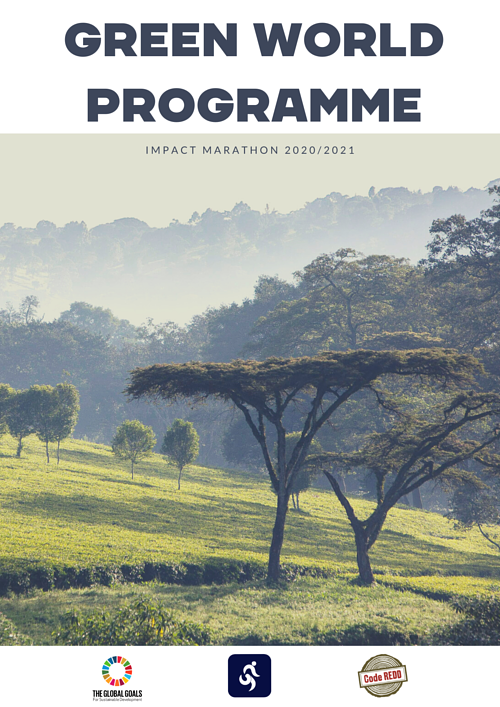
Sun 27 Sep 2020
Green World Programme x Impact Marathon
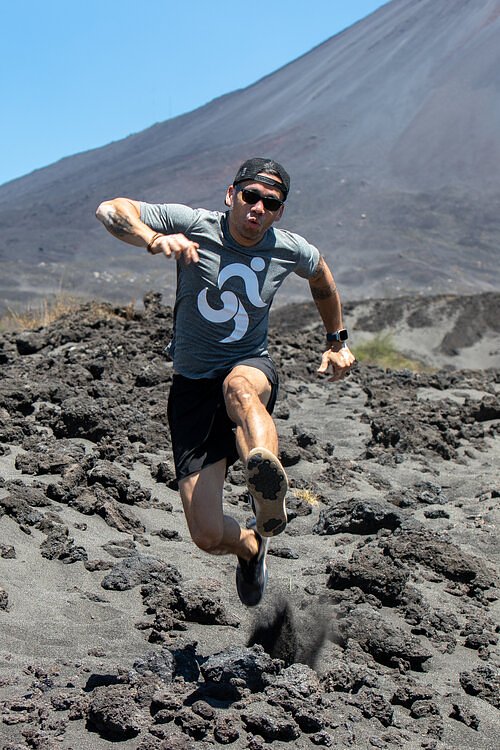
Thu 6 Aug 2020
Impact in 2020: Step sideways, to leap forward
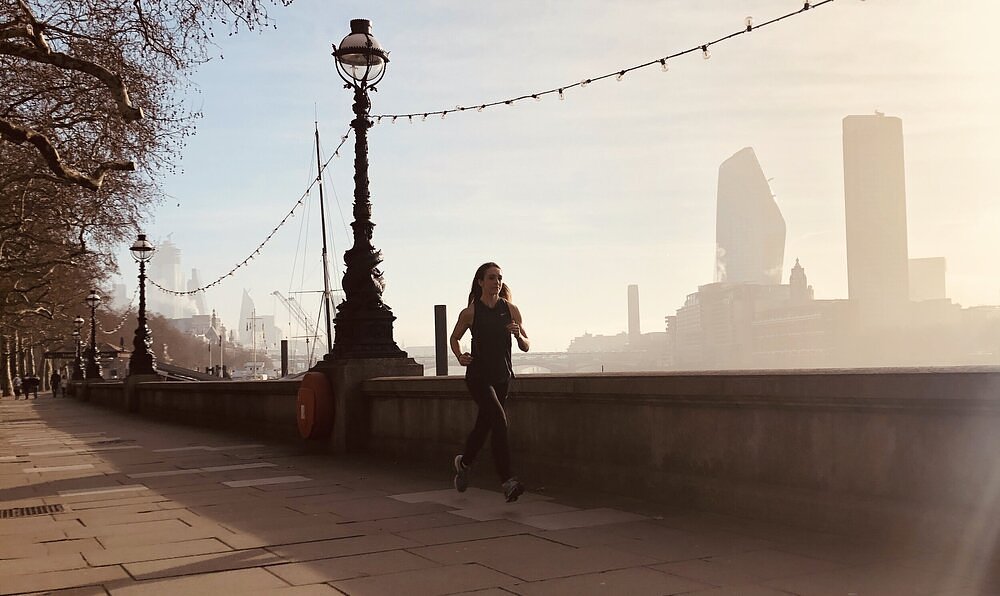
Wed 15 Jul 2020
RunTalkRun x Impact Marathons: Global running movements join forces
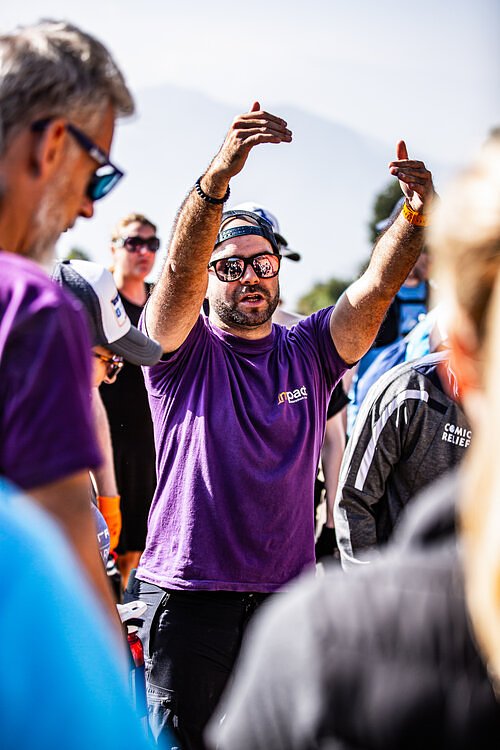
Tue 7 Jul 2020
How to be a change-maker - a conversation with the RunTalkRun podcast
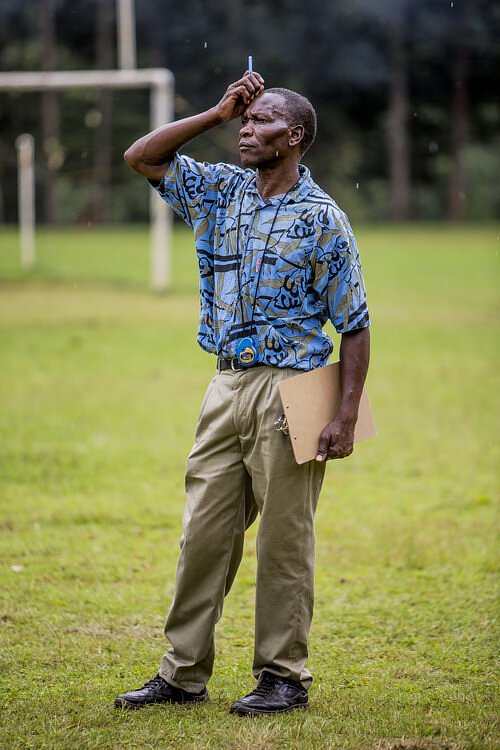
Fri 3 Jul 2020
Coach Gabriel's winning culture: How Kenyan world records are made
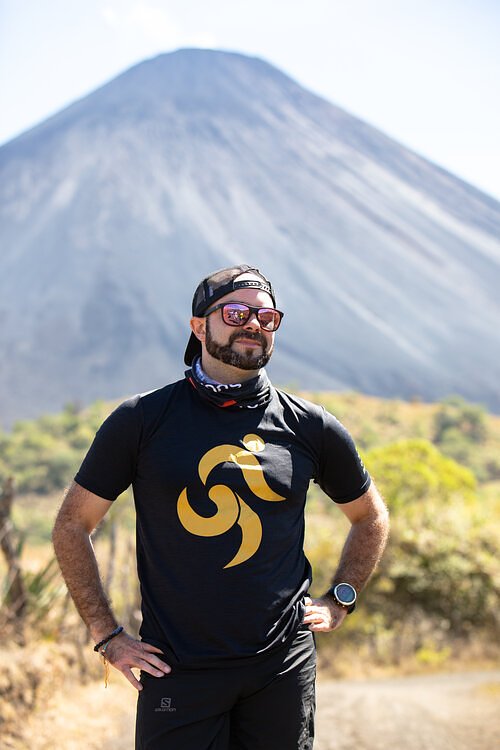
Wed 17 Jun 2020
Silent Motivations - A conversation with the Evossi Explore Show
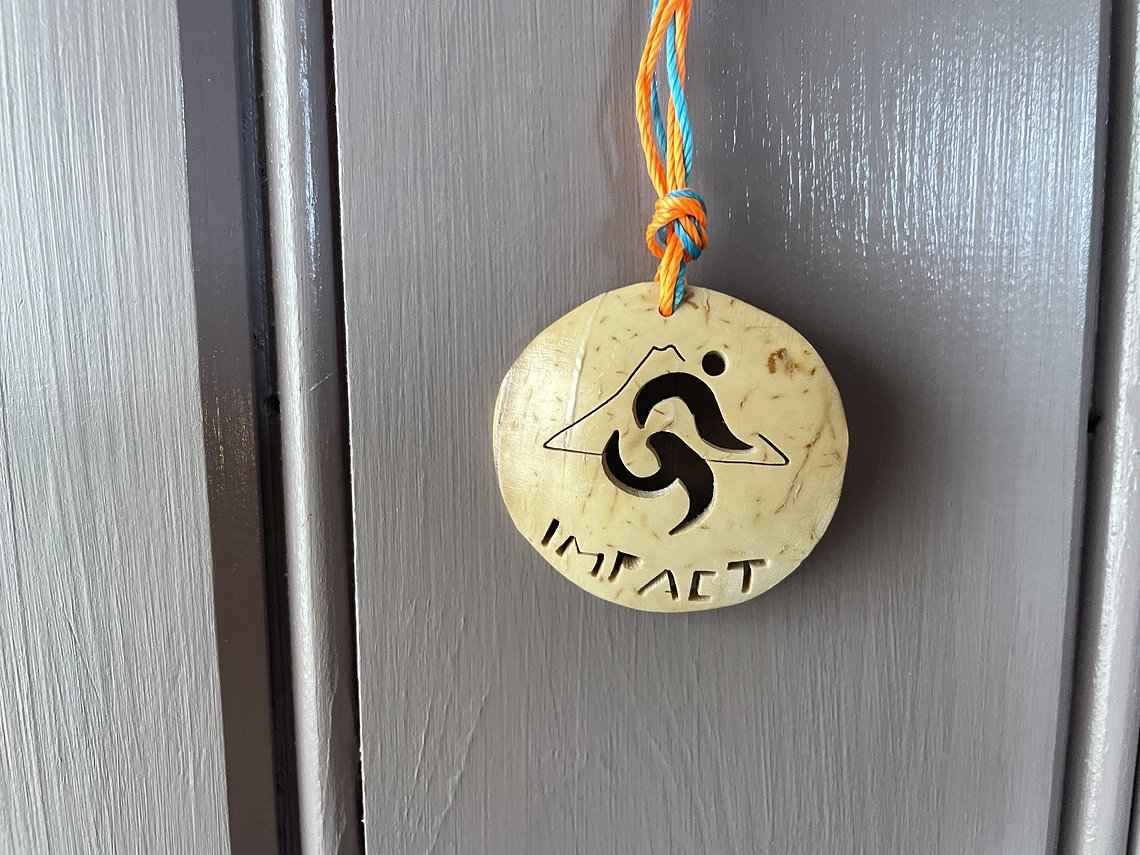
Mon 8 Jun 2020 • Nick Kershaw
What's in a medal? The story behind an Impact medal
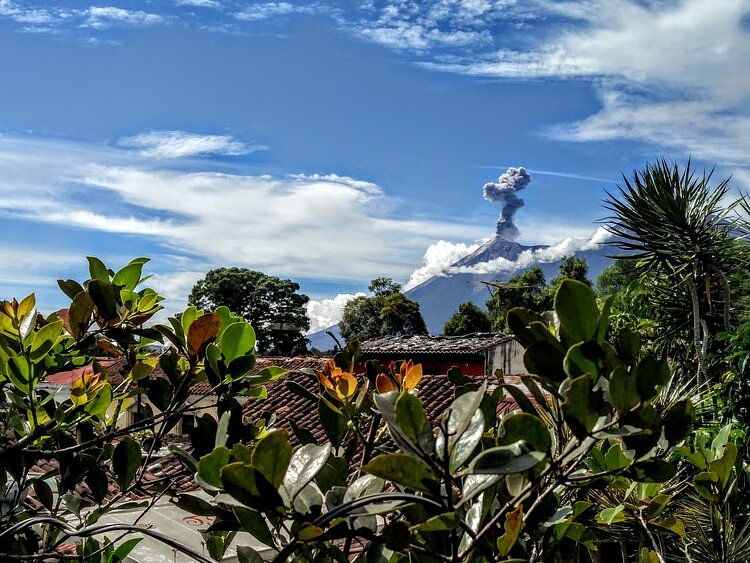
Thu 20 Feb 2020
Guatemala Impact Marathon: From dream to reality

Sat 1 Feb 2020
Runners Recipes: Charlie Watson's Avocado Bread
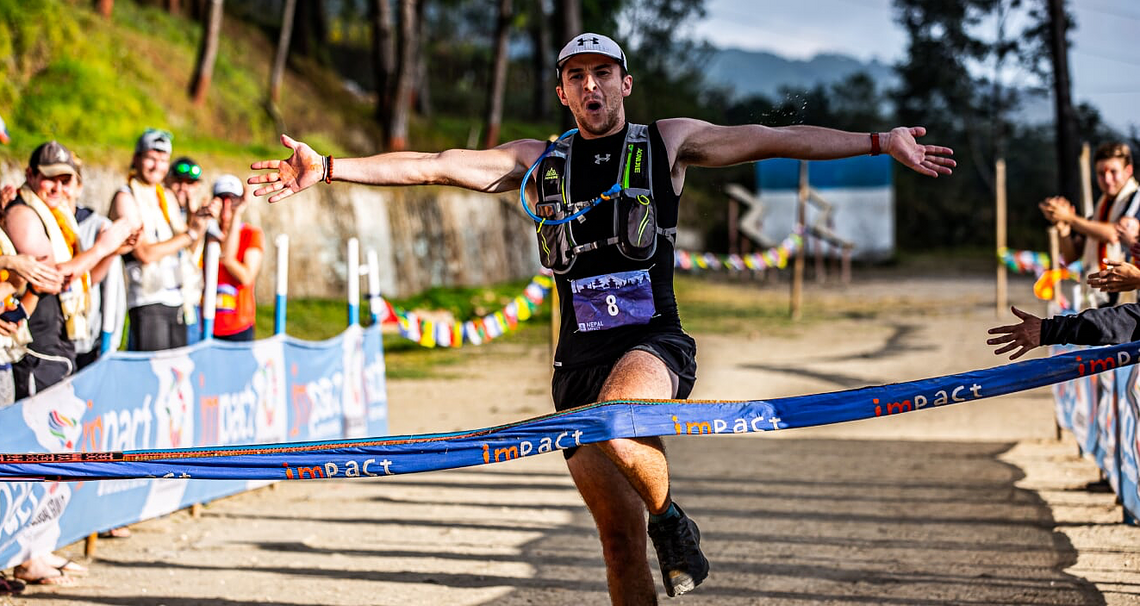
Fri 31 Jan 2020
Impact Runner Stories: Kit Garnett @ Nepal Impact Marathon 2019
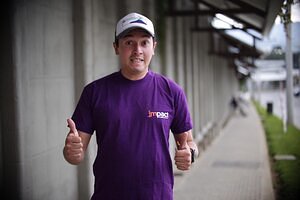
Tue 17 Dec 2019
Pablo: The main man of Guatemala Impact
Tue 29 Oct 2019
Kelsang: The unsung hero of Nepal Impact
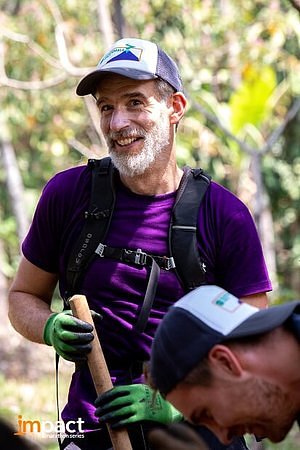
Wed 2 Oct 2019
Team Impact: Through the eyes of an investor
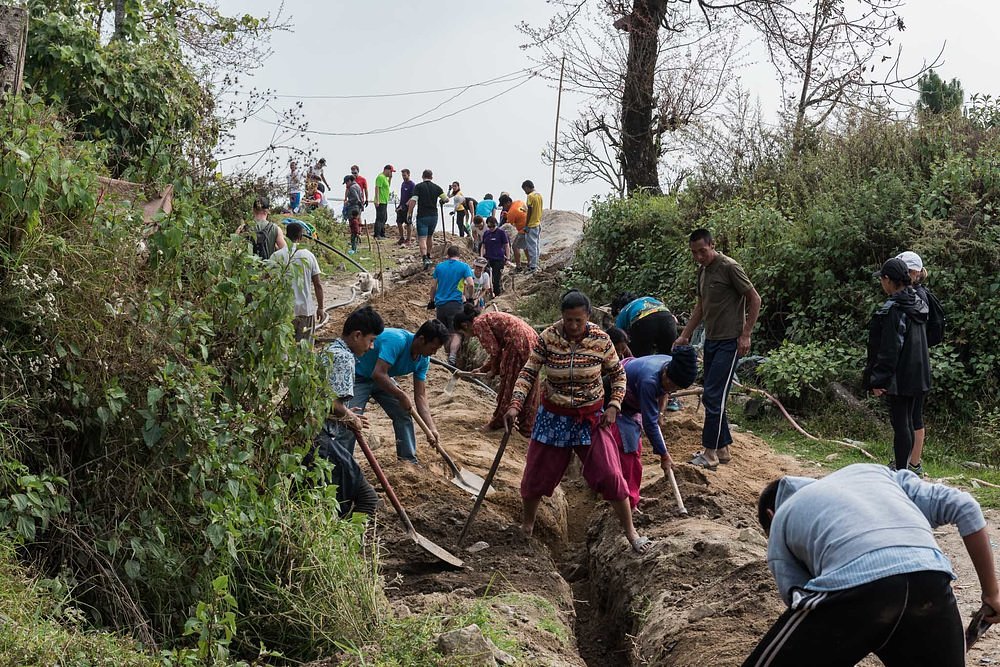
Mon 9 Sep 2019 • Nick Kershaw
It takes a village
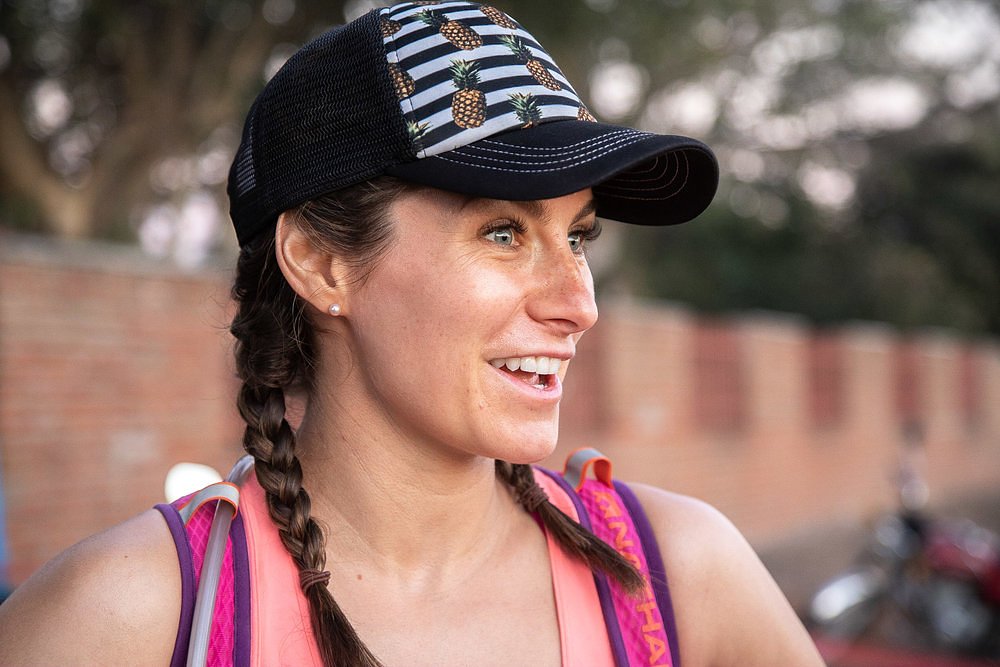
Thu 29 Aug 2019
Meet the storytellers
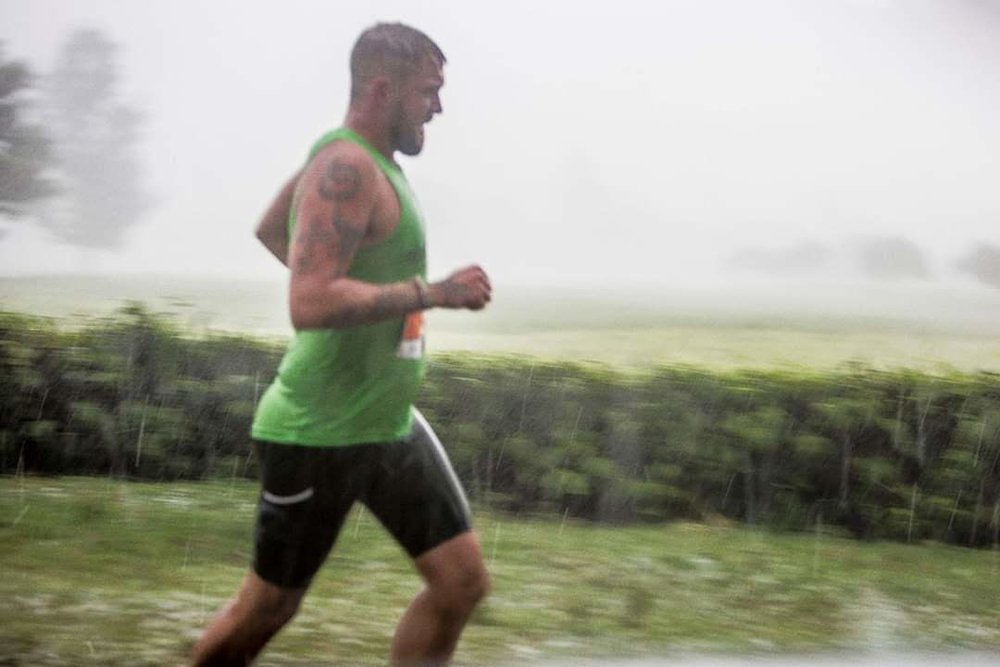
Wed 14 Aug 2019
Why a flash storm in Kenya is exactly what your company needs to thrive
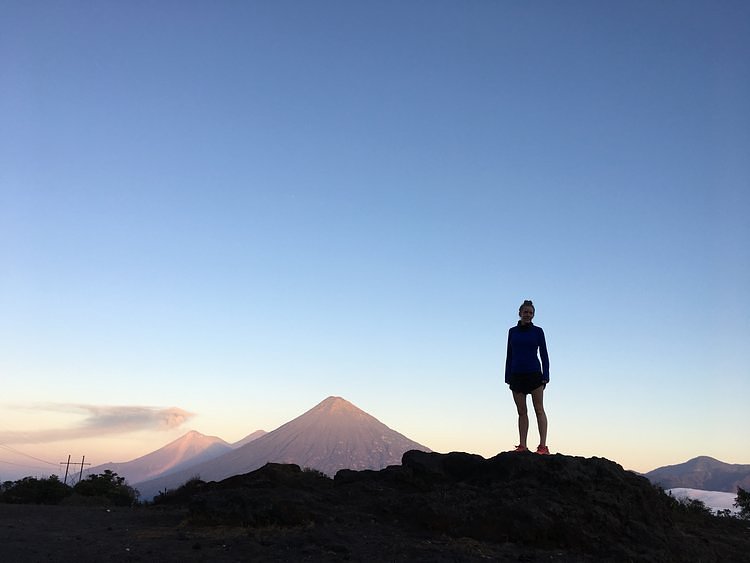
Wed 7 Aug 2019
Team Impact: Through the eyes of our volunteers
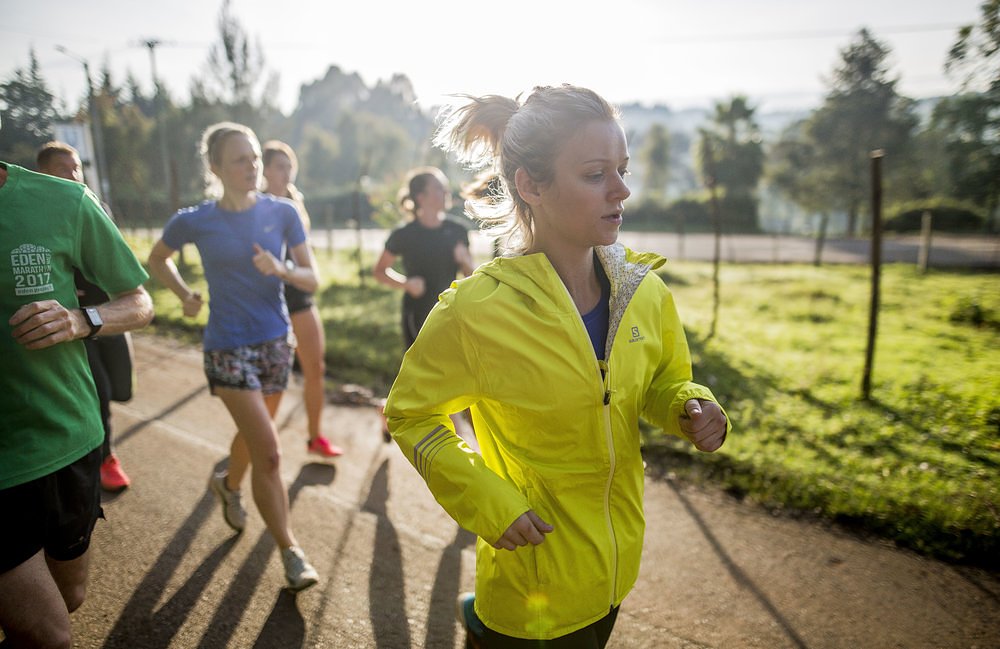
Tue 16 Jul 2019
Nepal Impact 2019 to be led by an all-female race director team
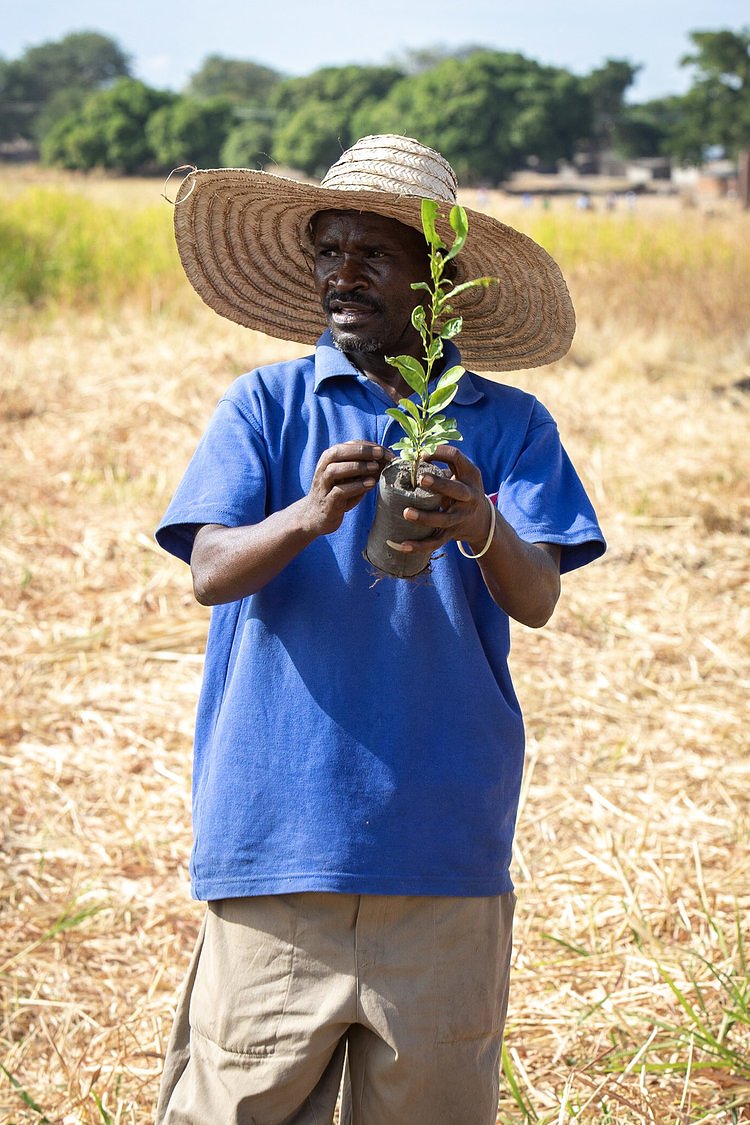
Tue 14 May 2019
Building resilience: Permaculture and sustainable development
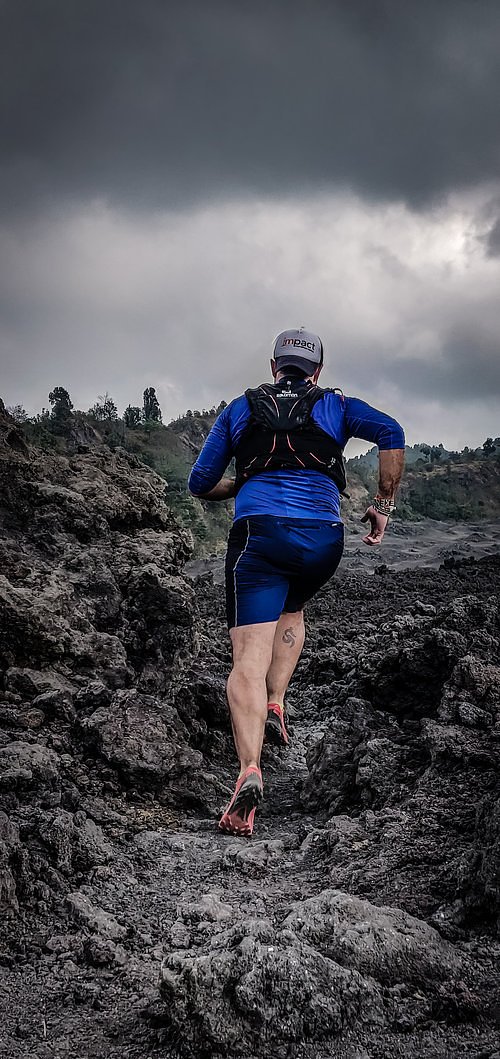
Mon 4 Feb 2019
4 reasons to run up an active volcano
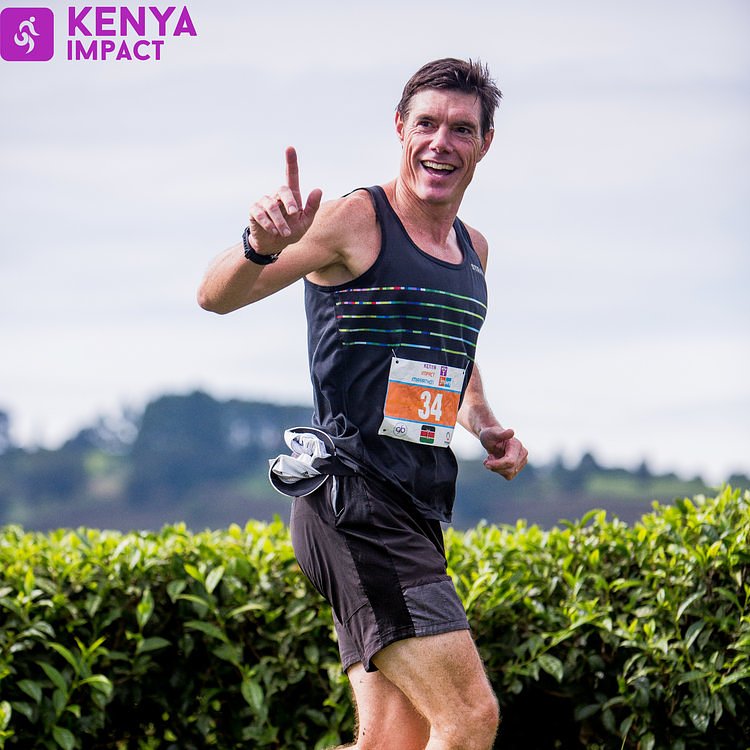
Tue 8 Jan 2019
MarathonTalk - Martin's trip to Kenya
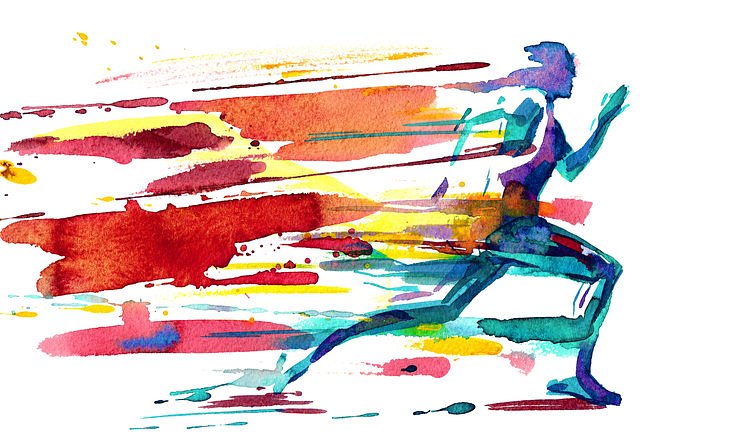
Wed 26 Dec 2018
The best brands for ethical running gear
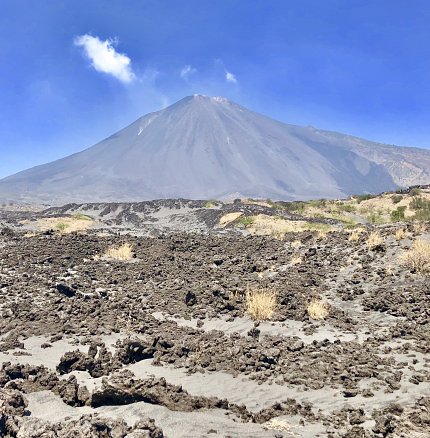
Wed 26 Dec 2018
A CALL TO ACTION FROM 'THRIVE WITH JOE'
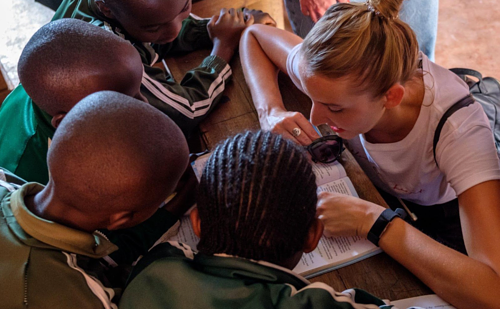
Wed 26 Dec 2018 • Nick Kershaw
Asante Sana, Kenya, For the Memories